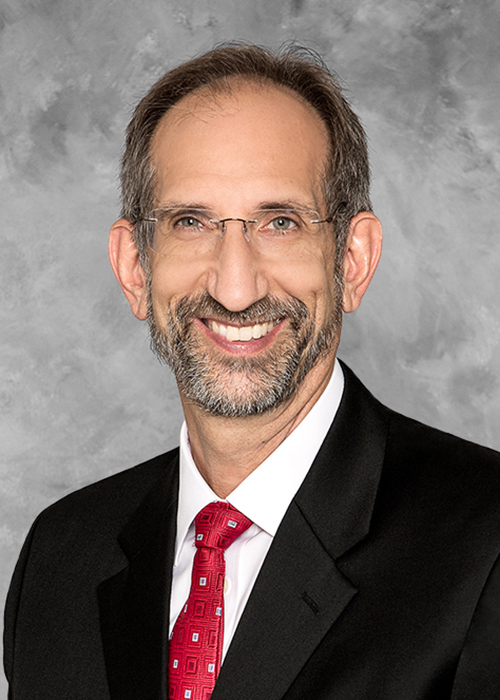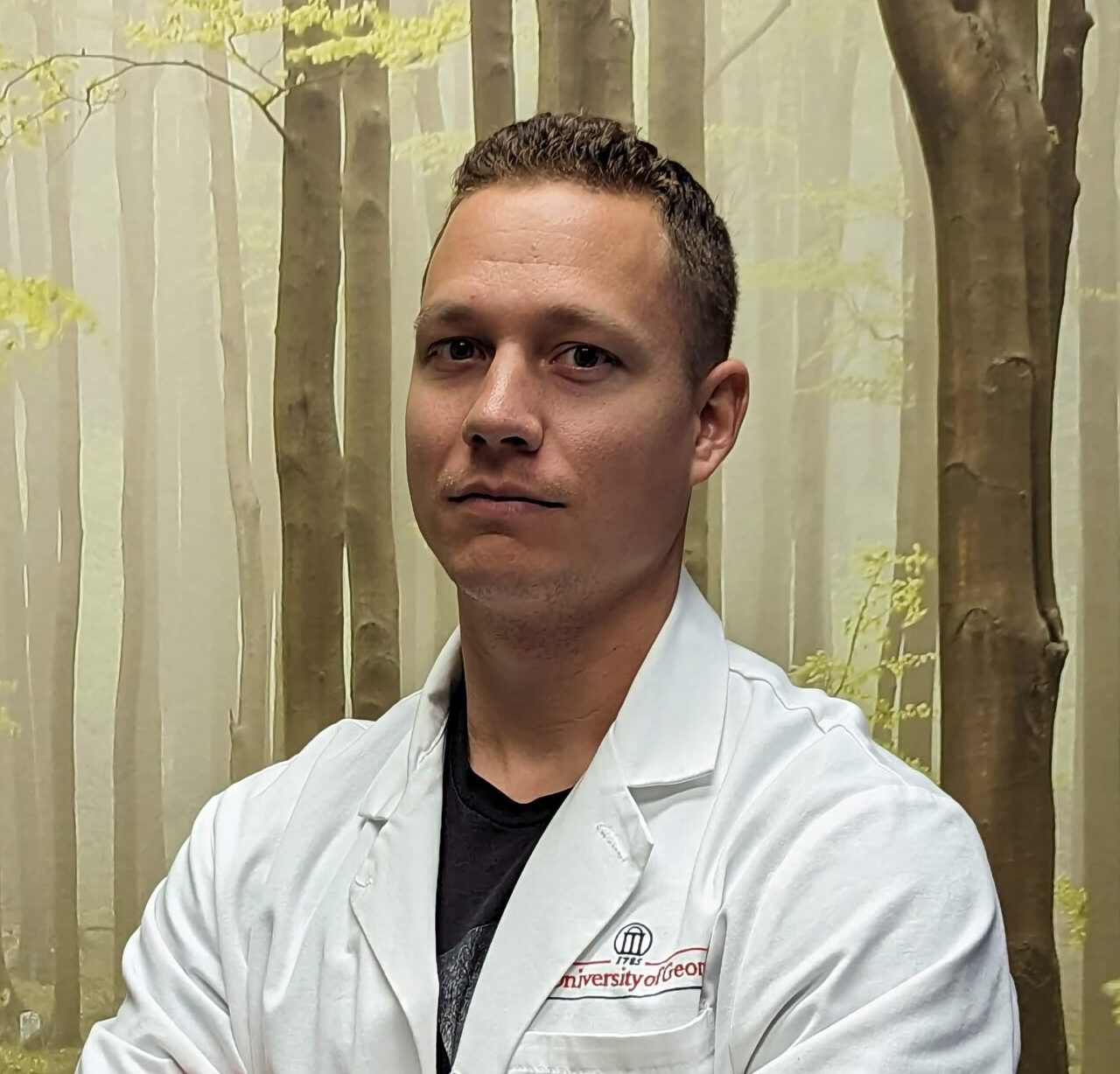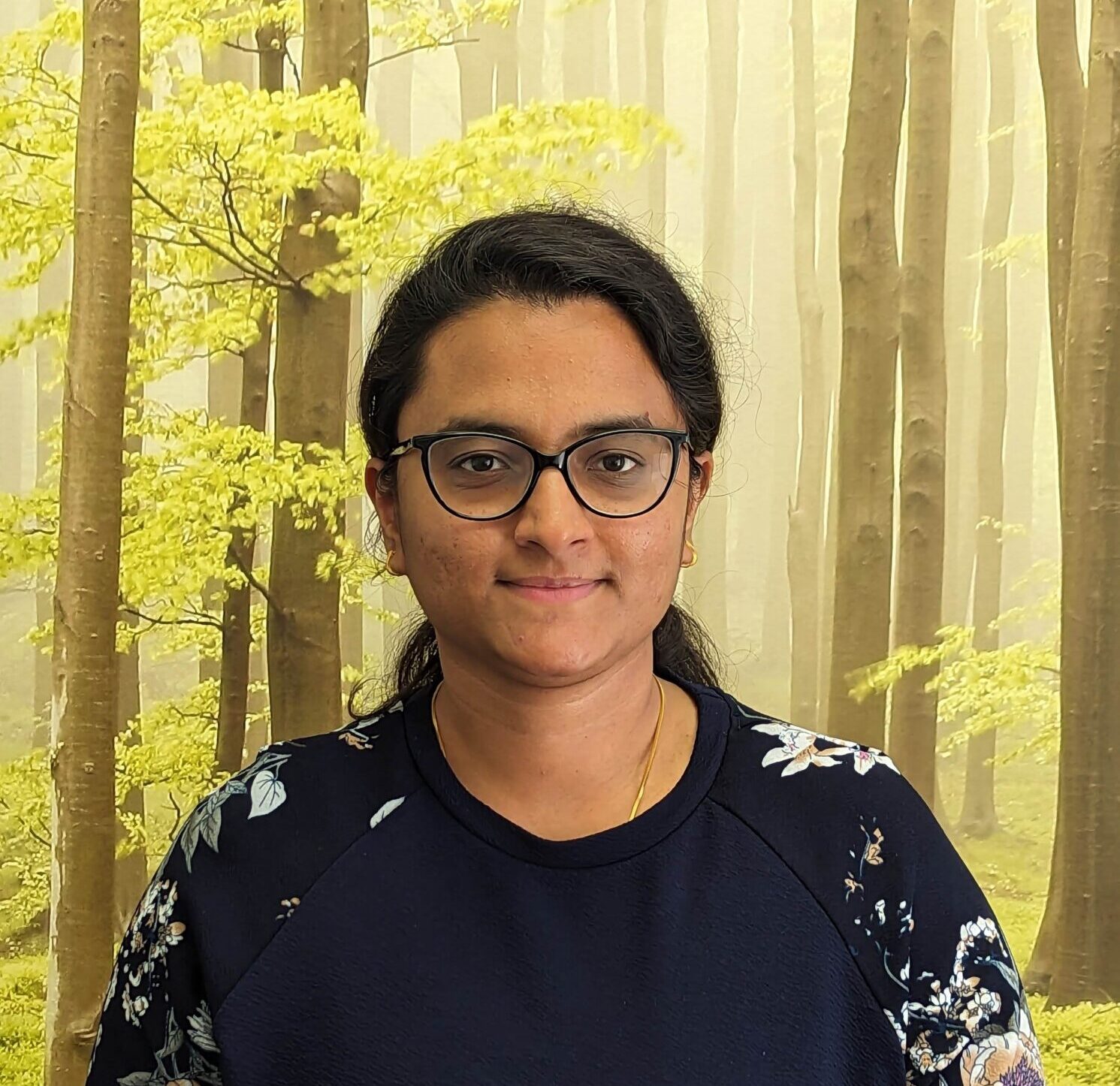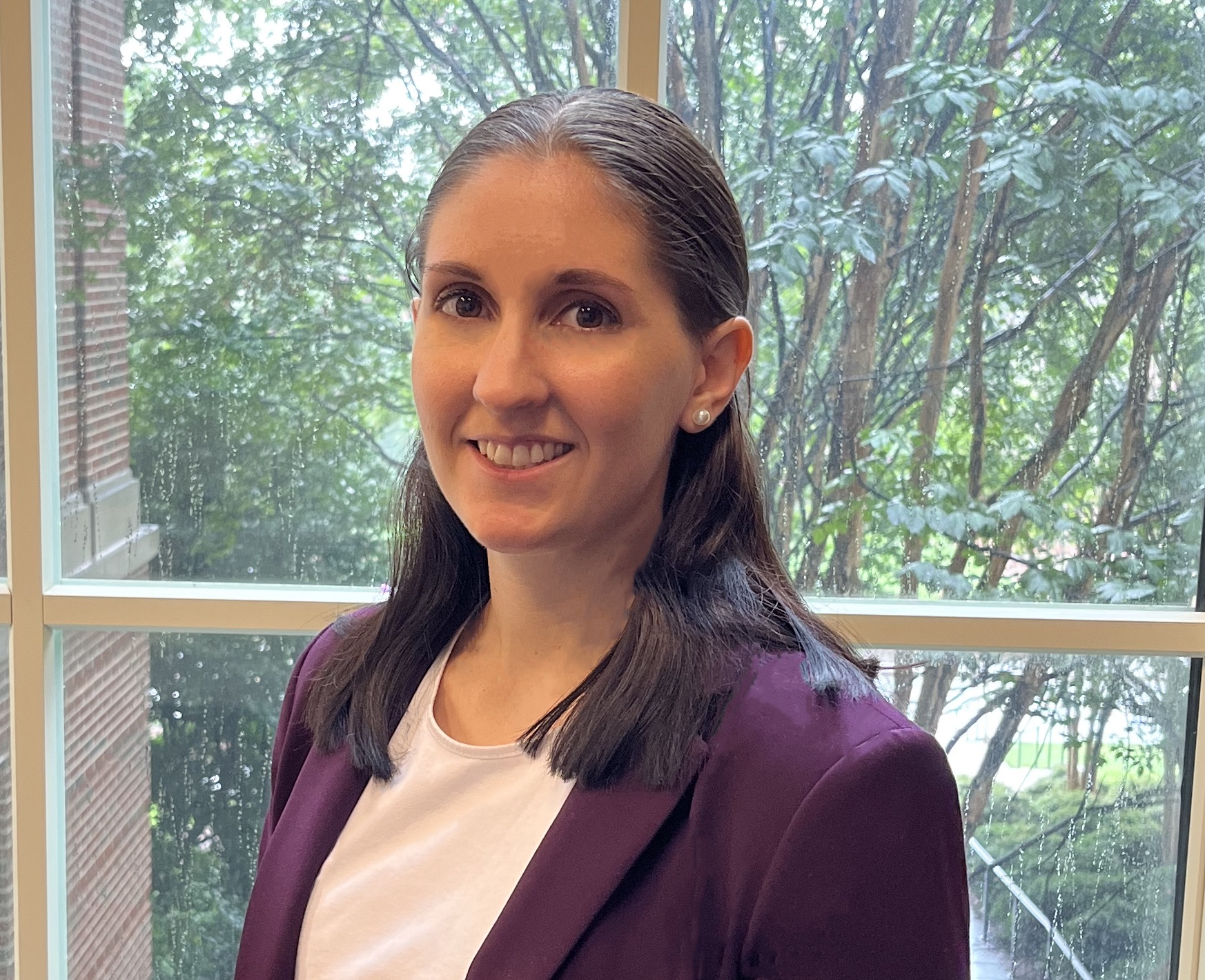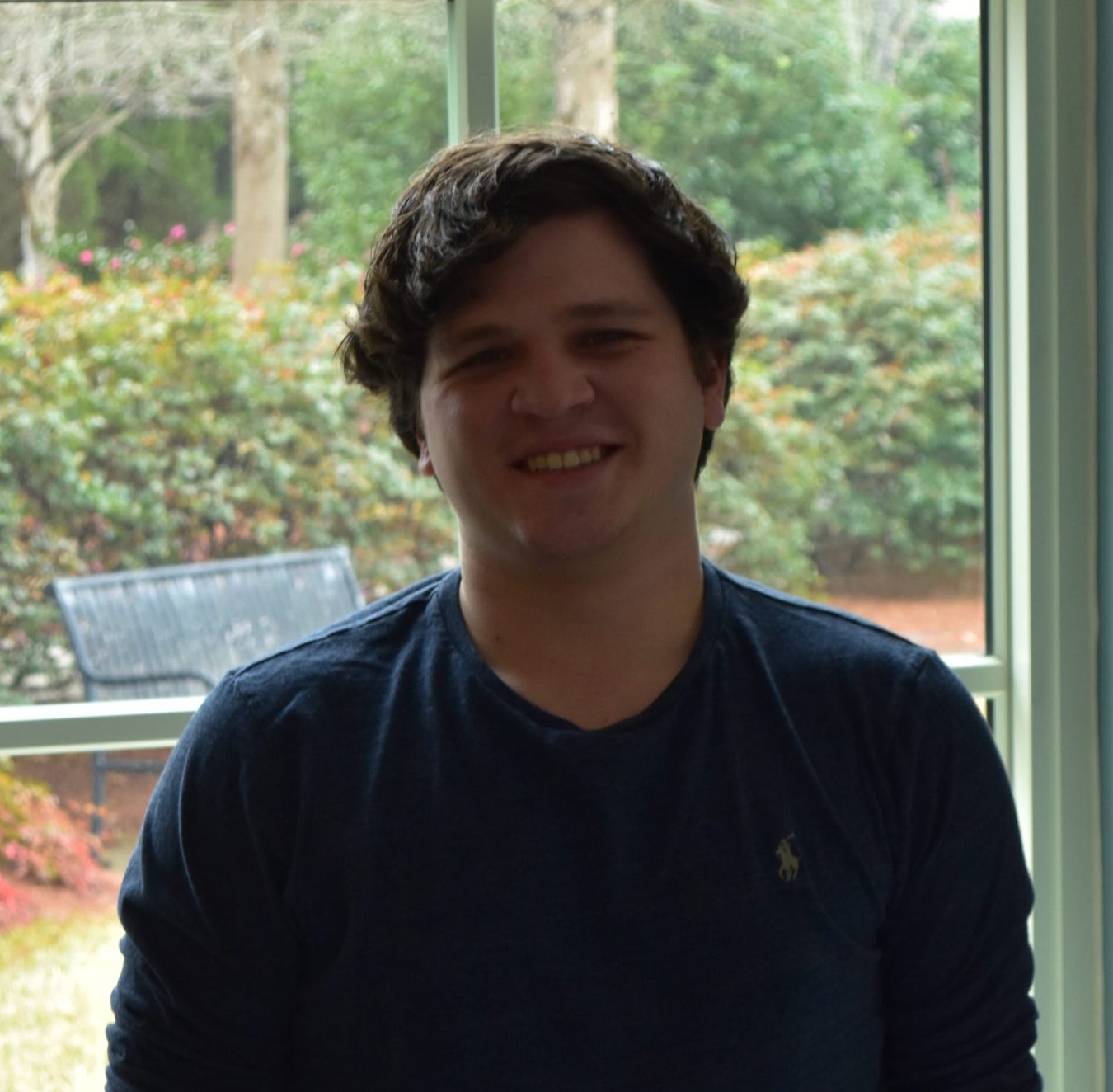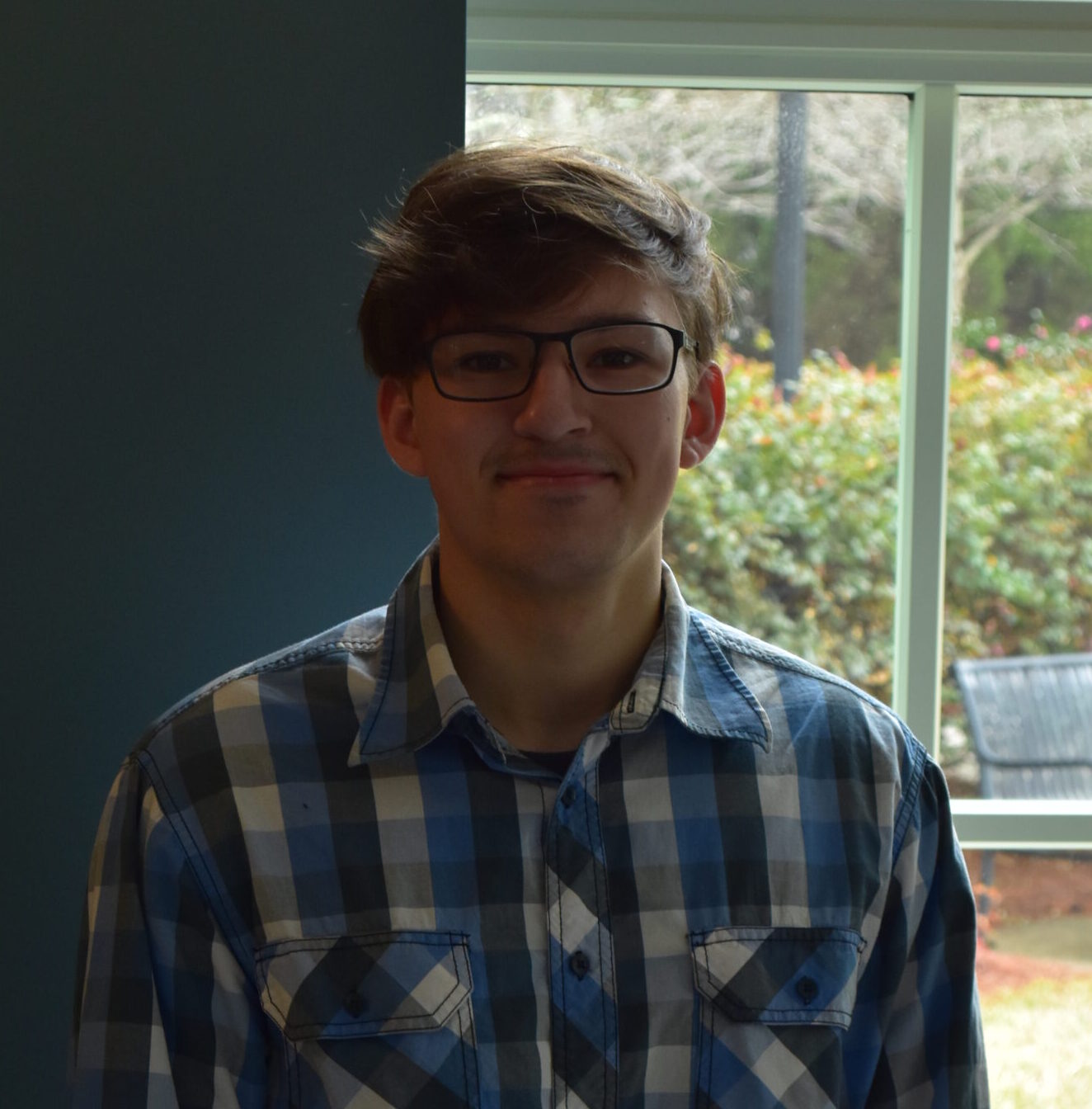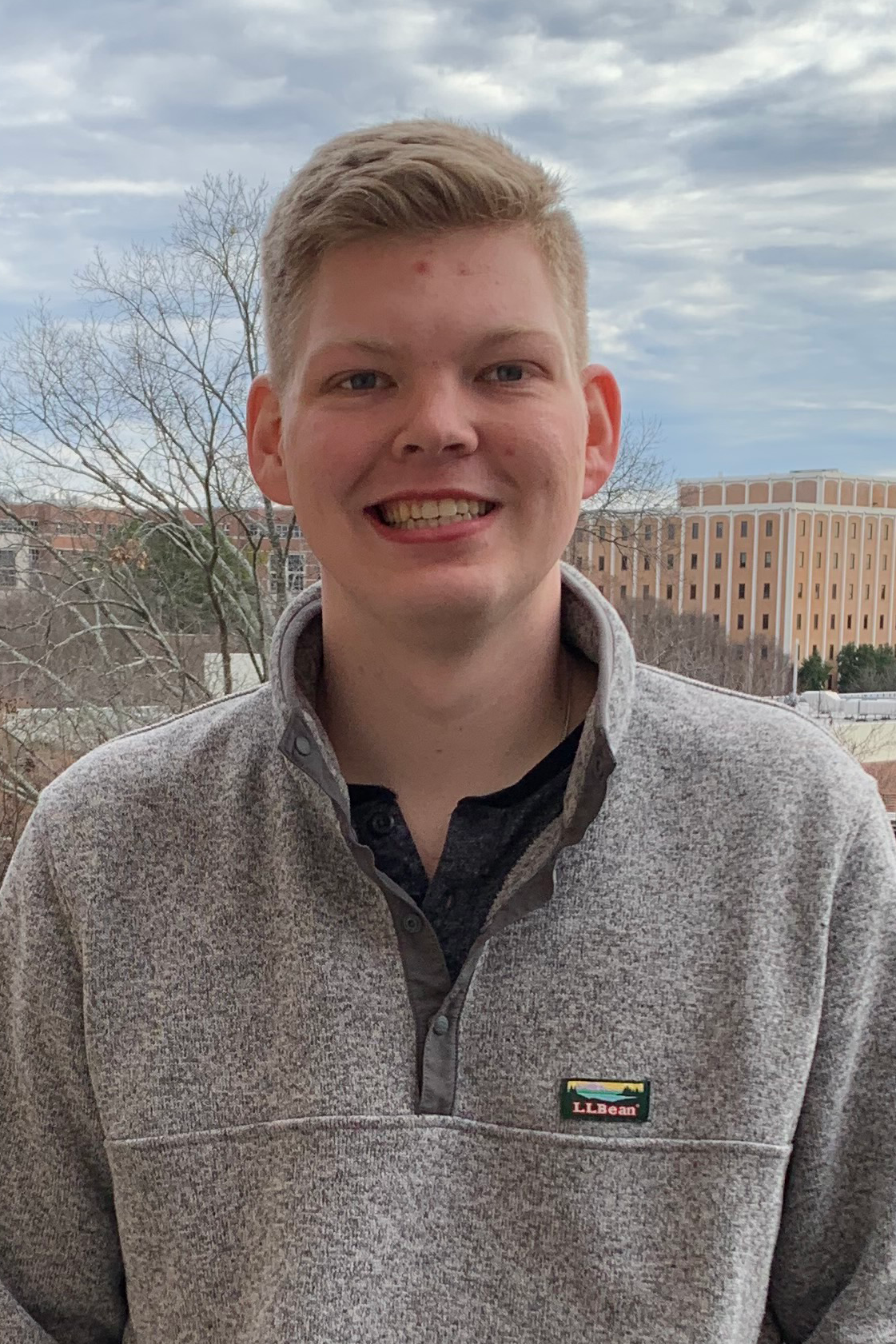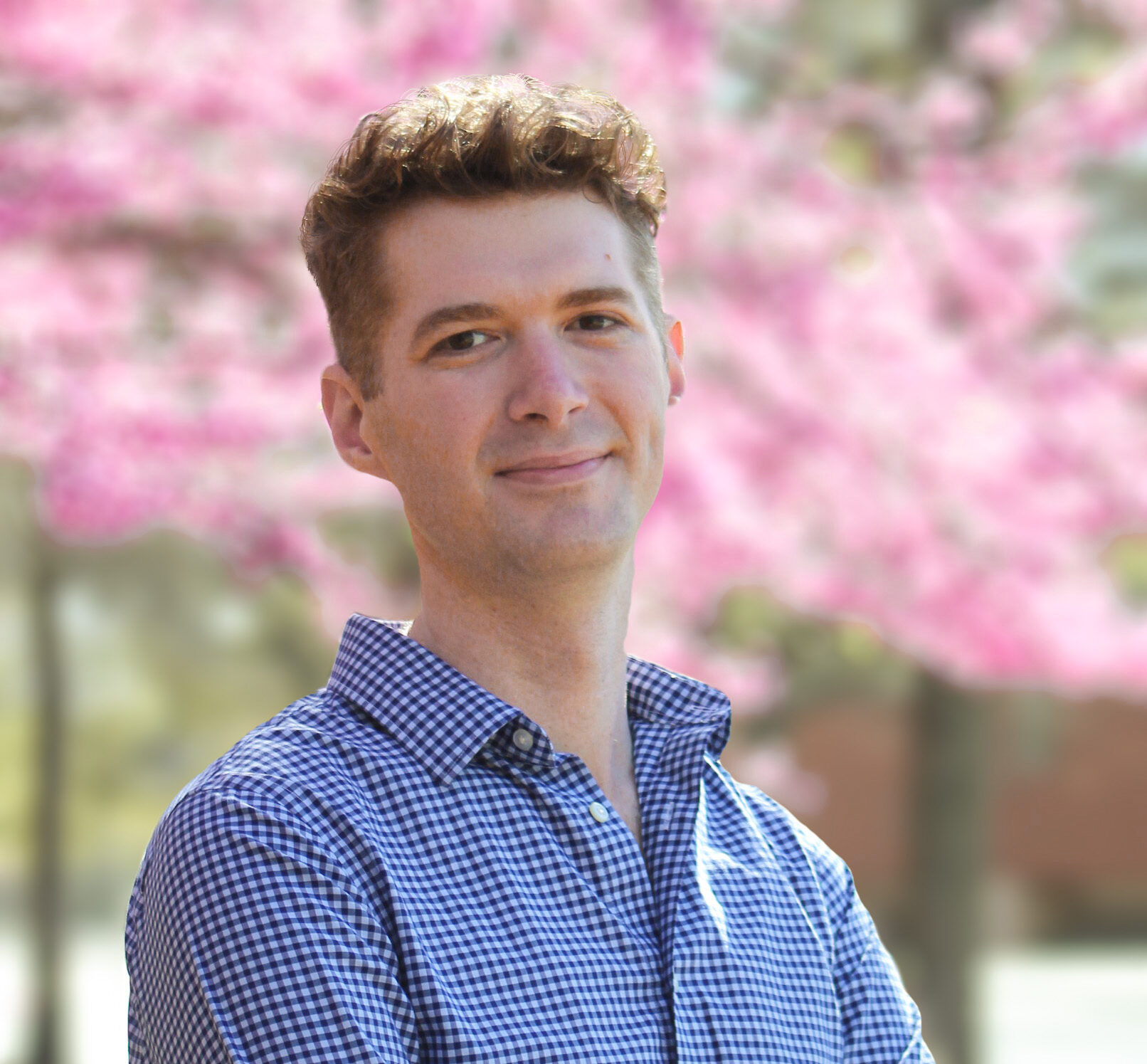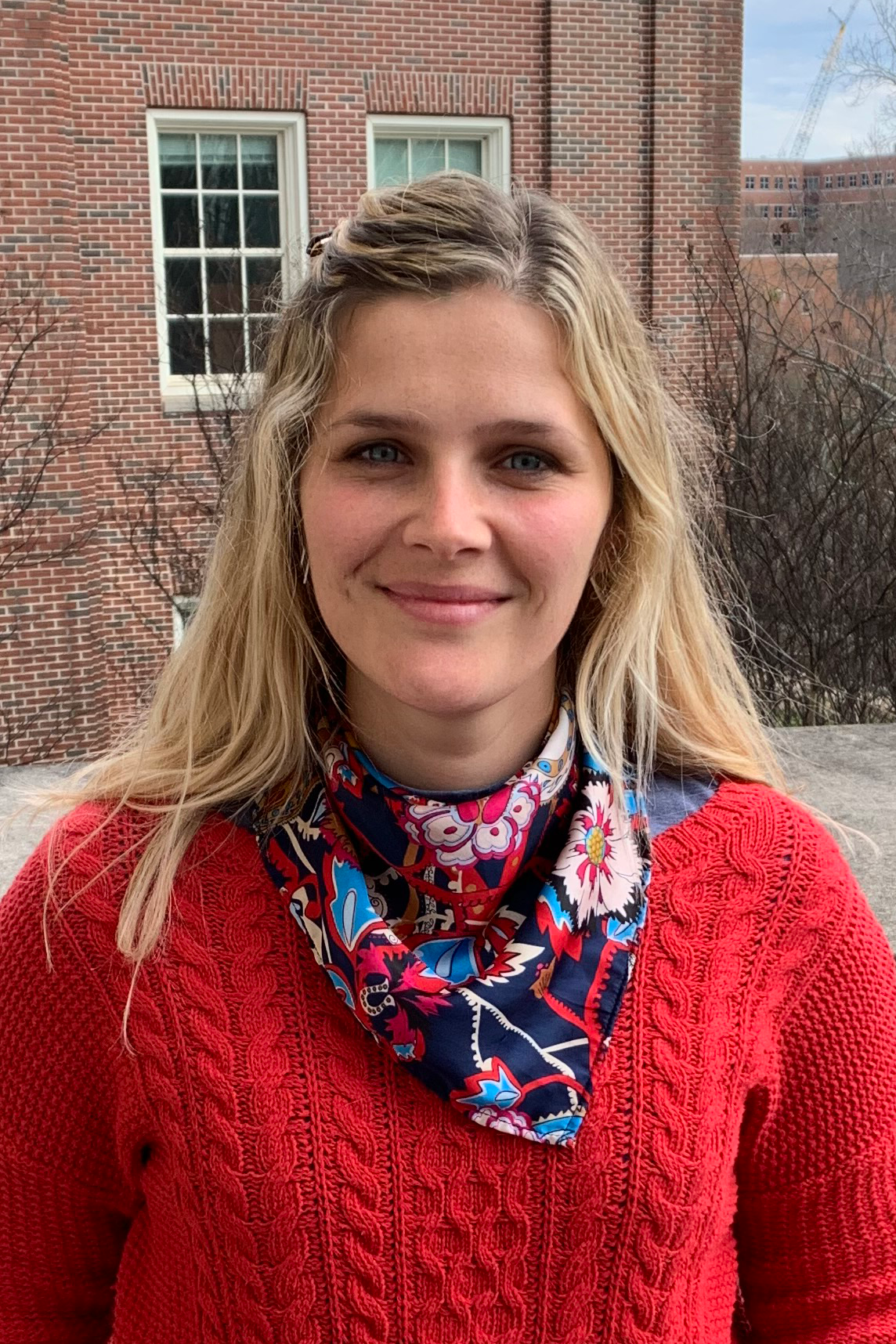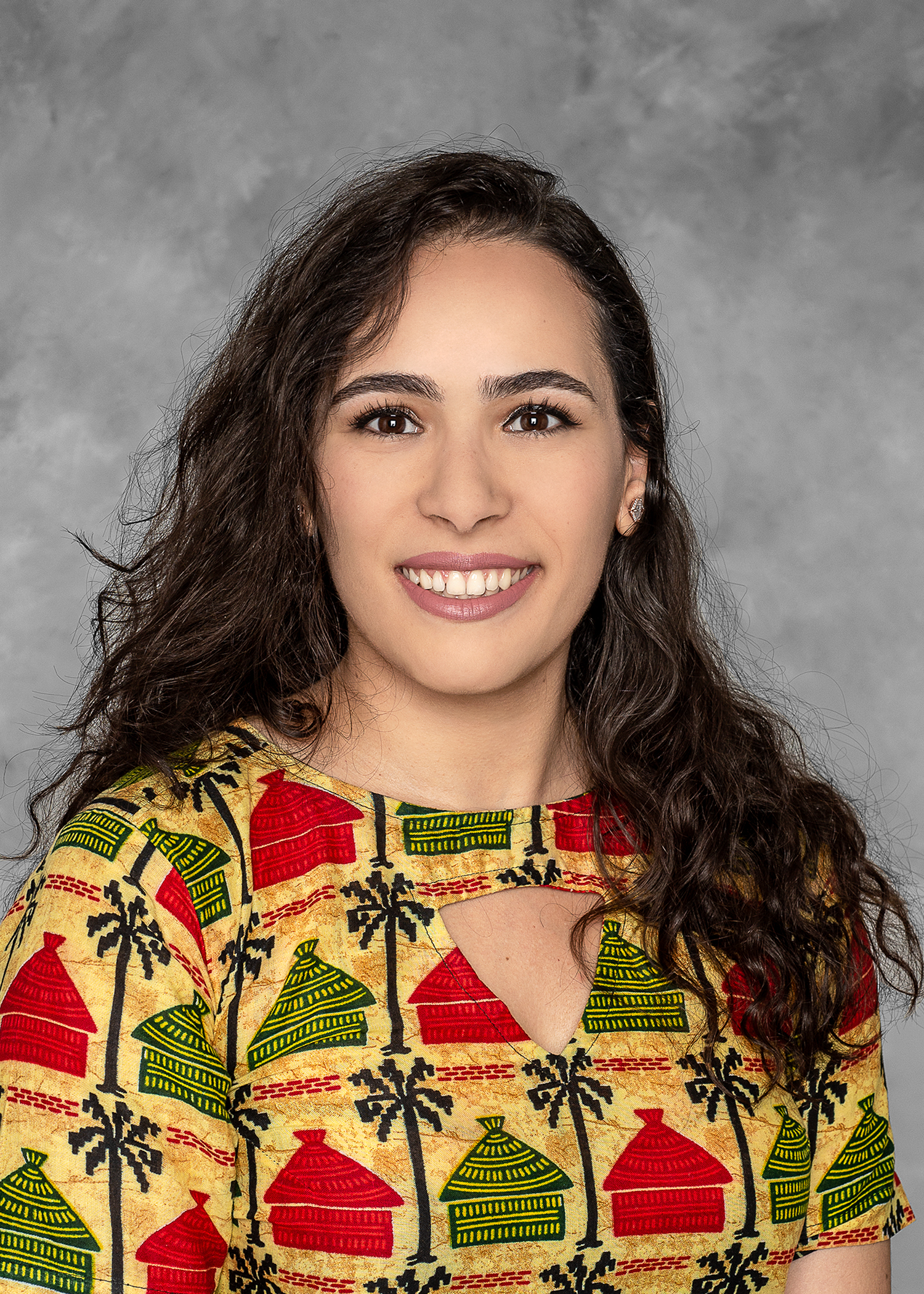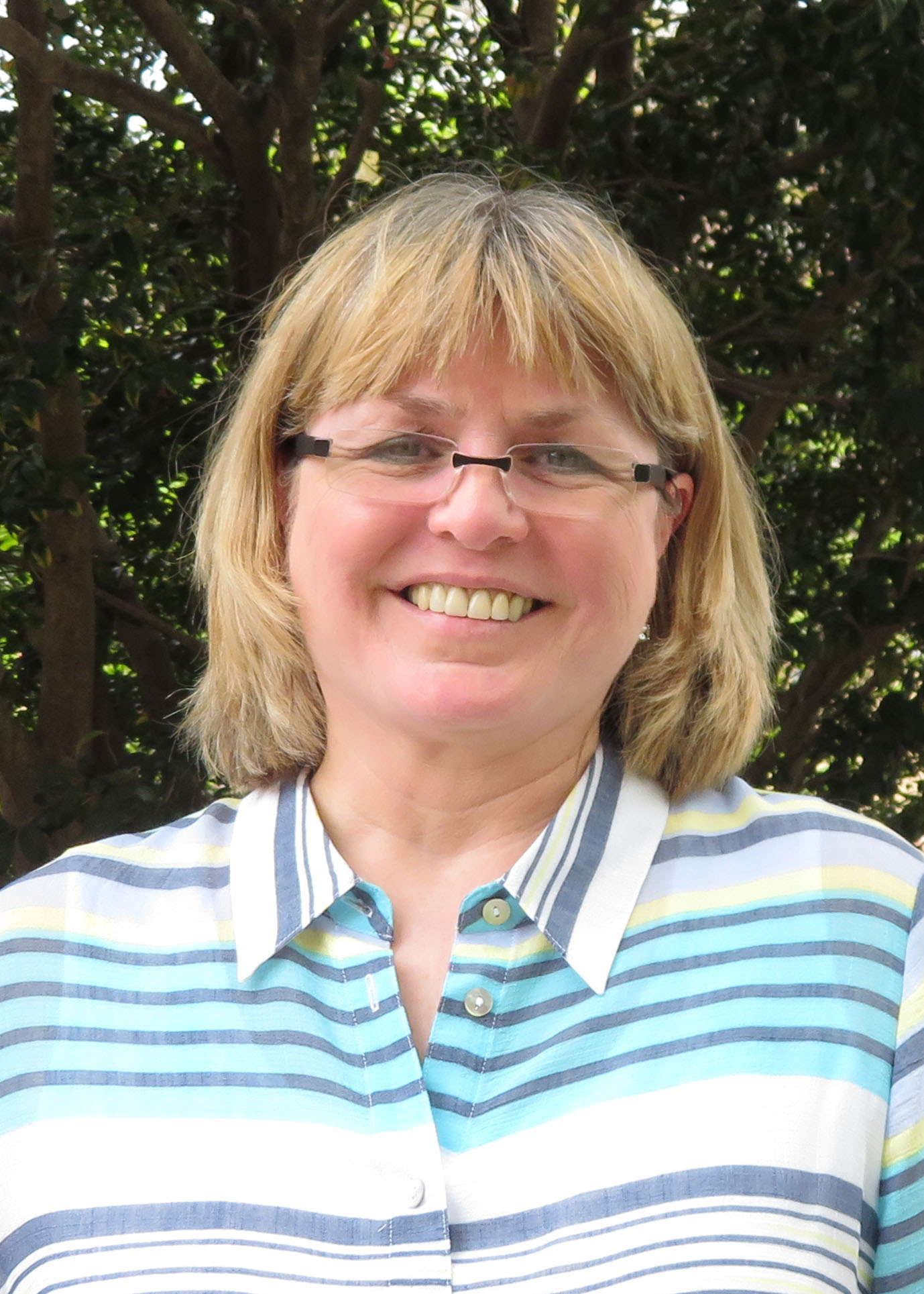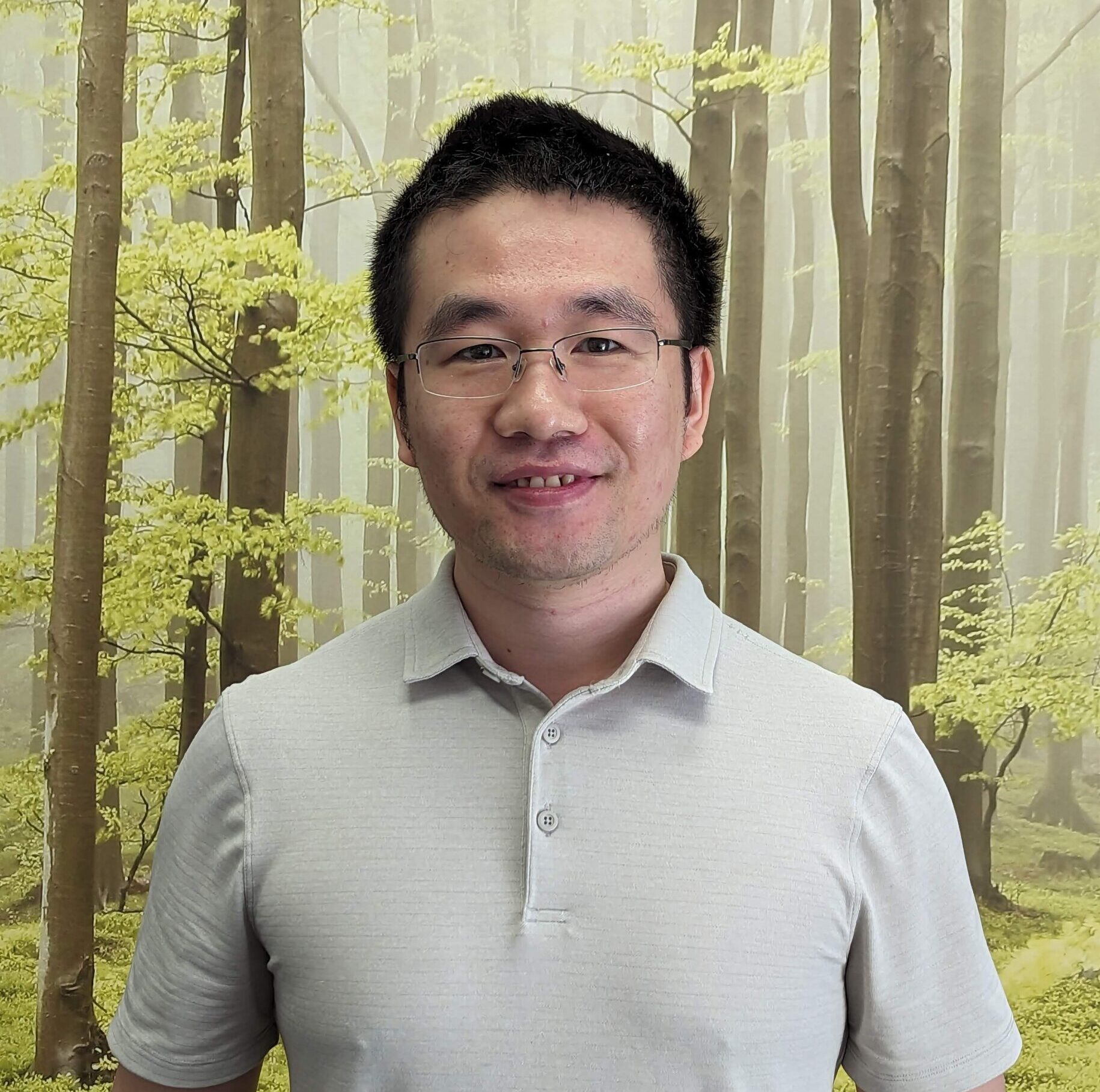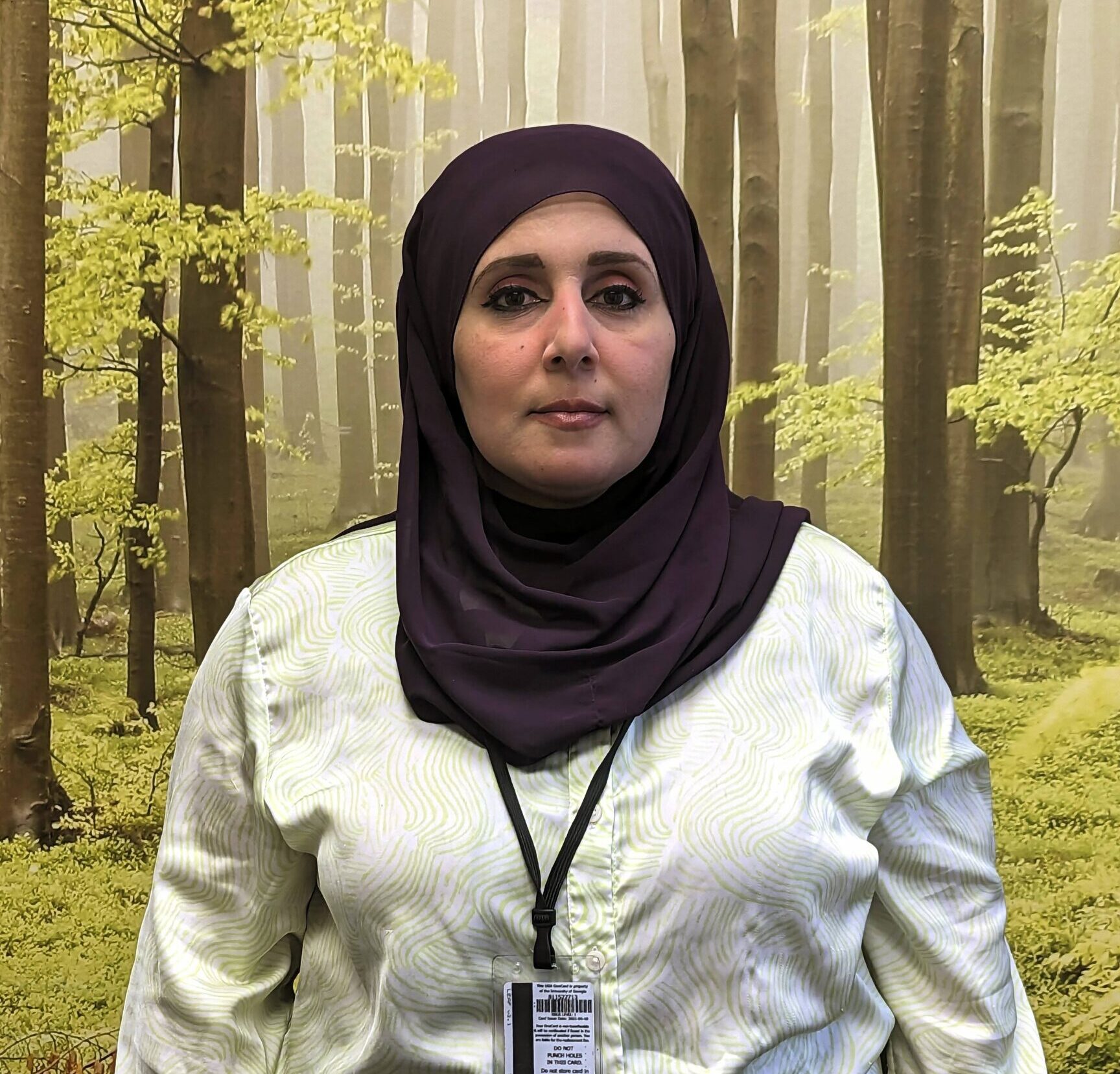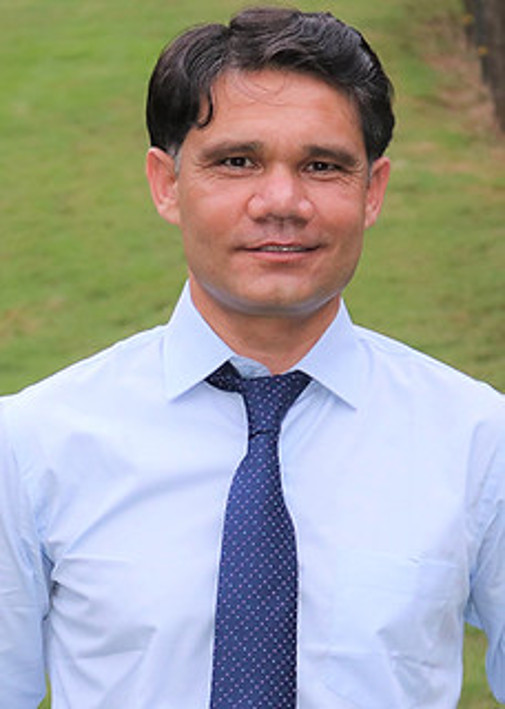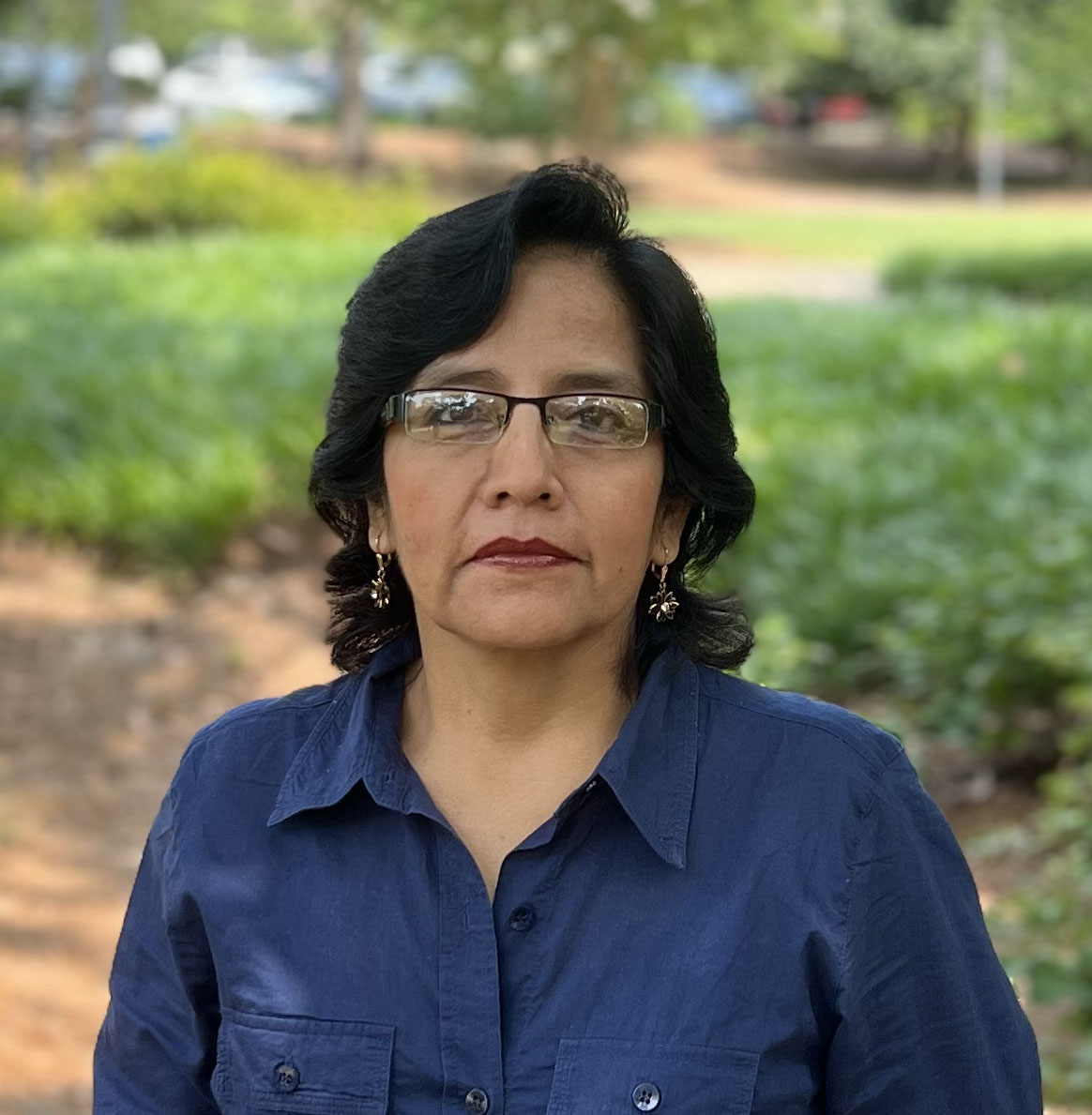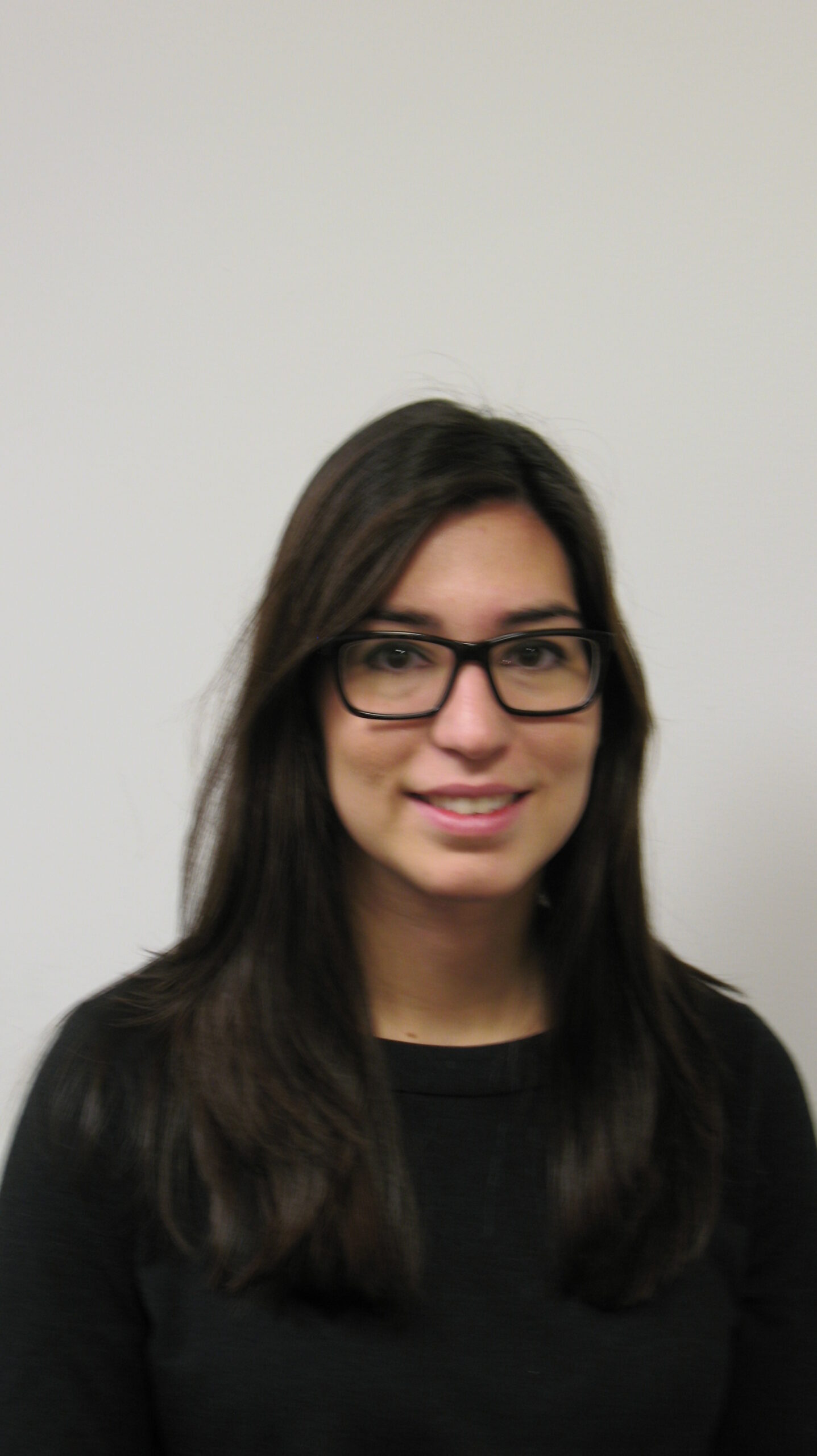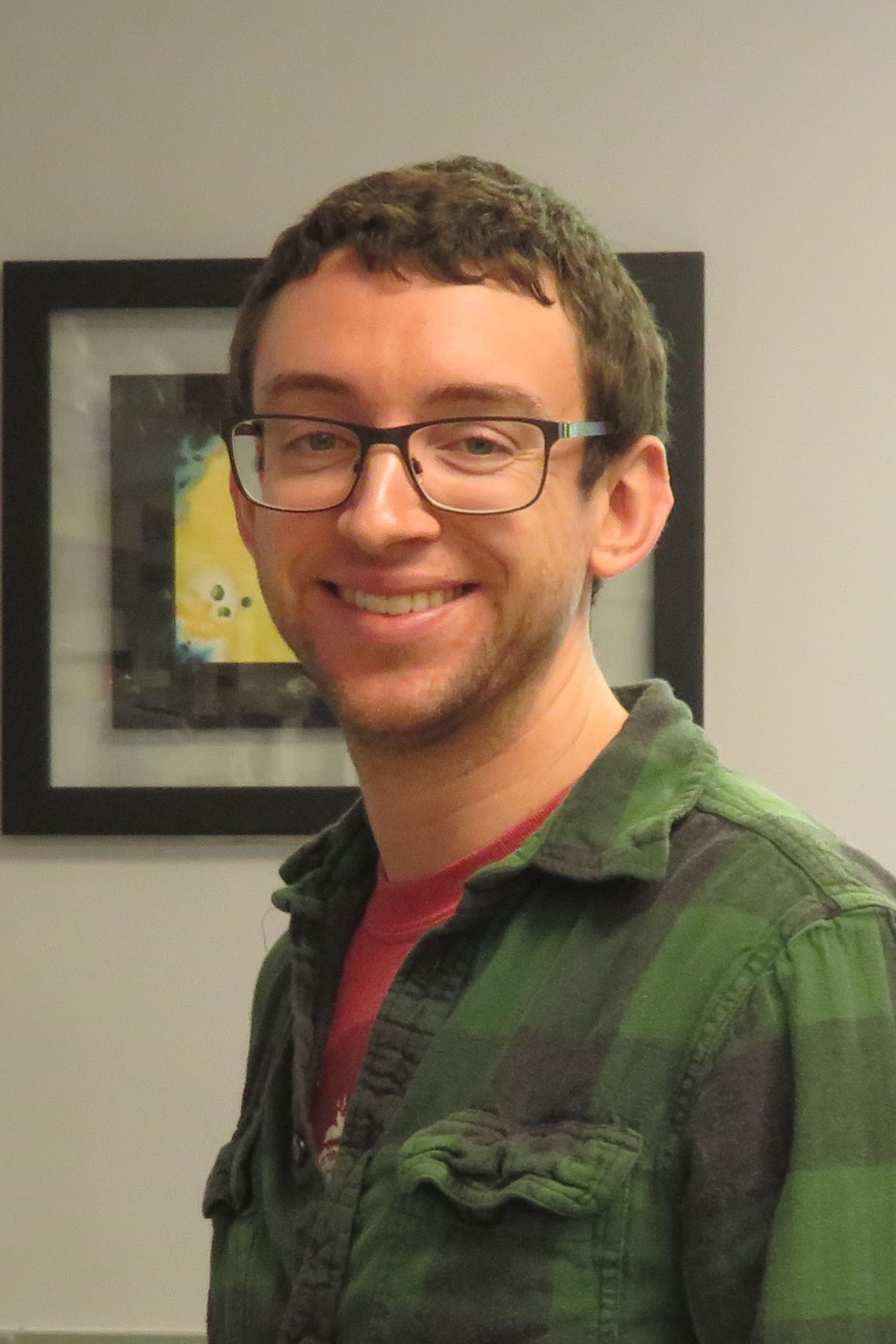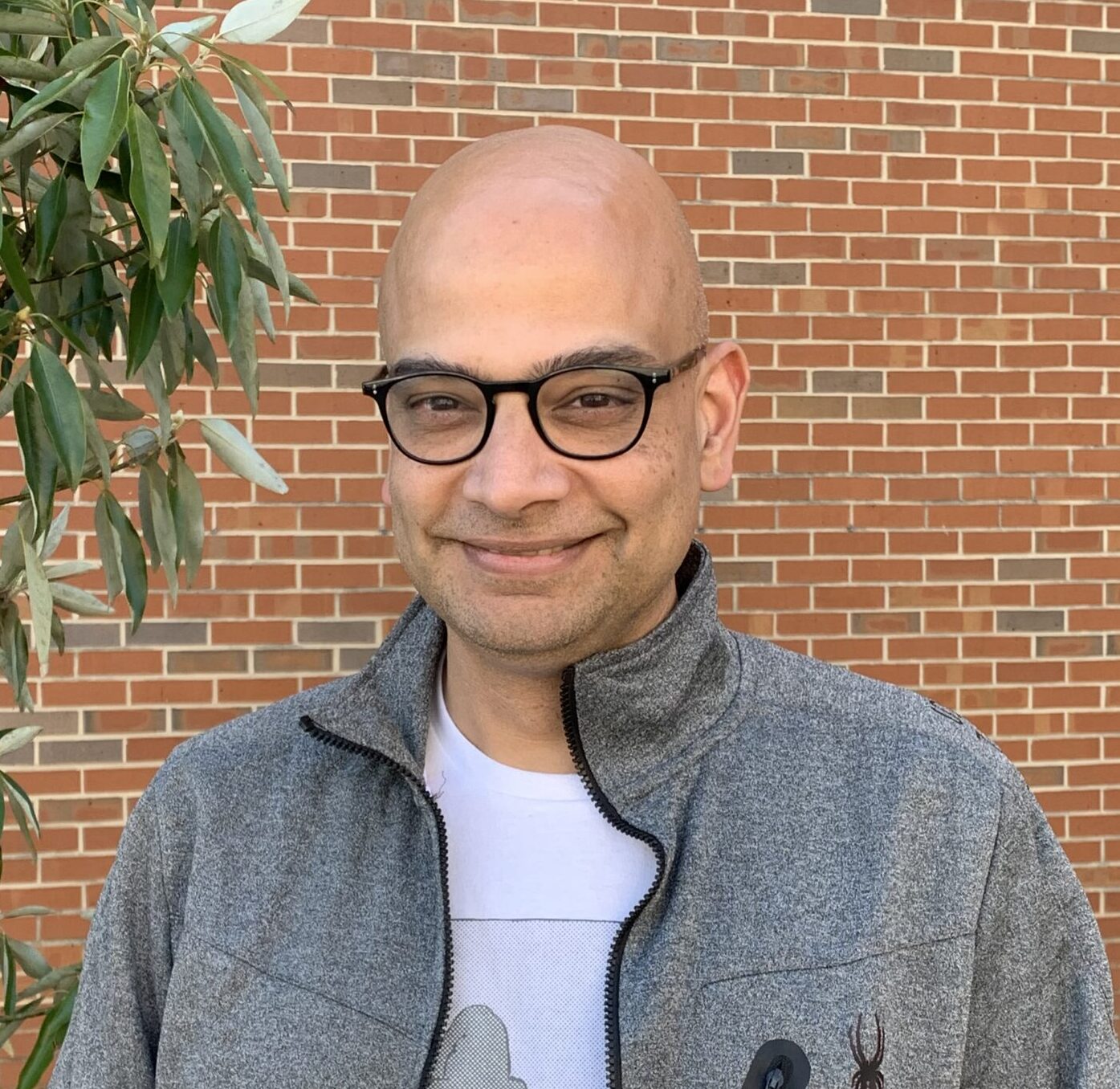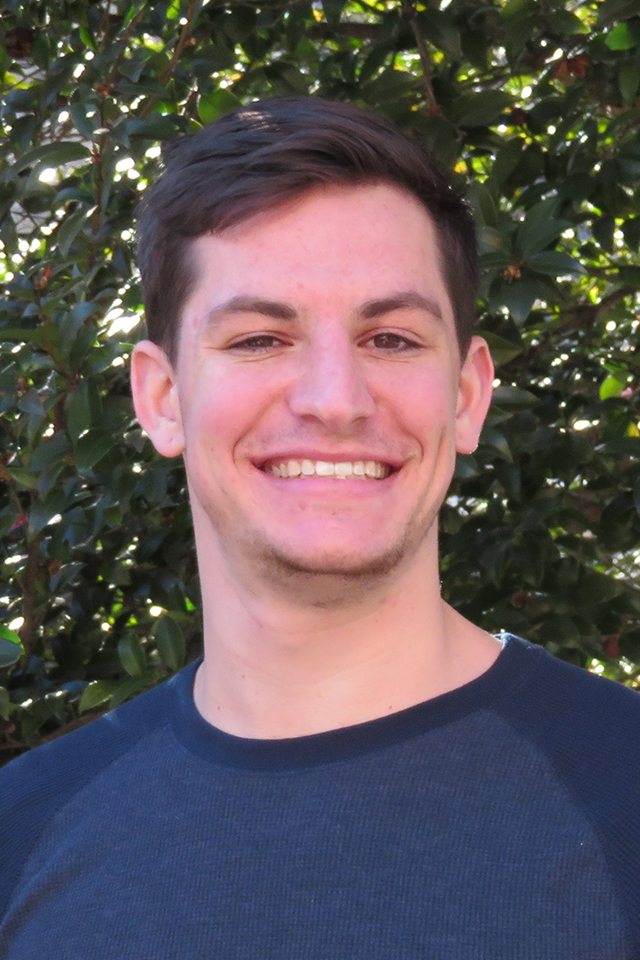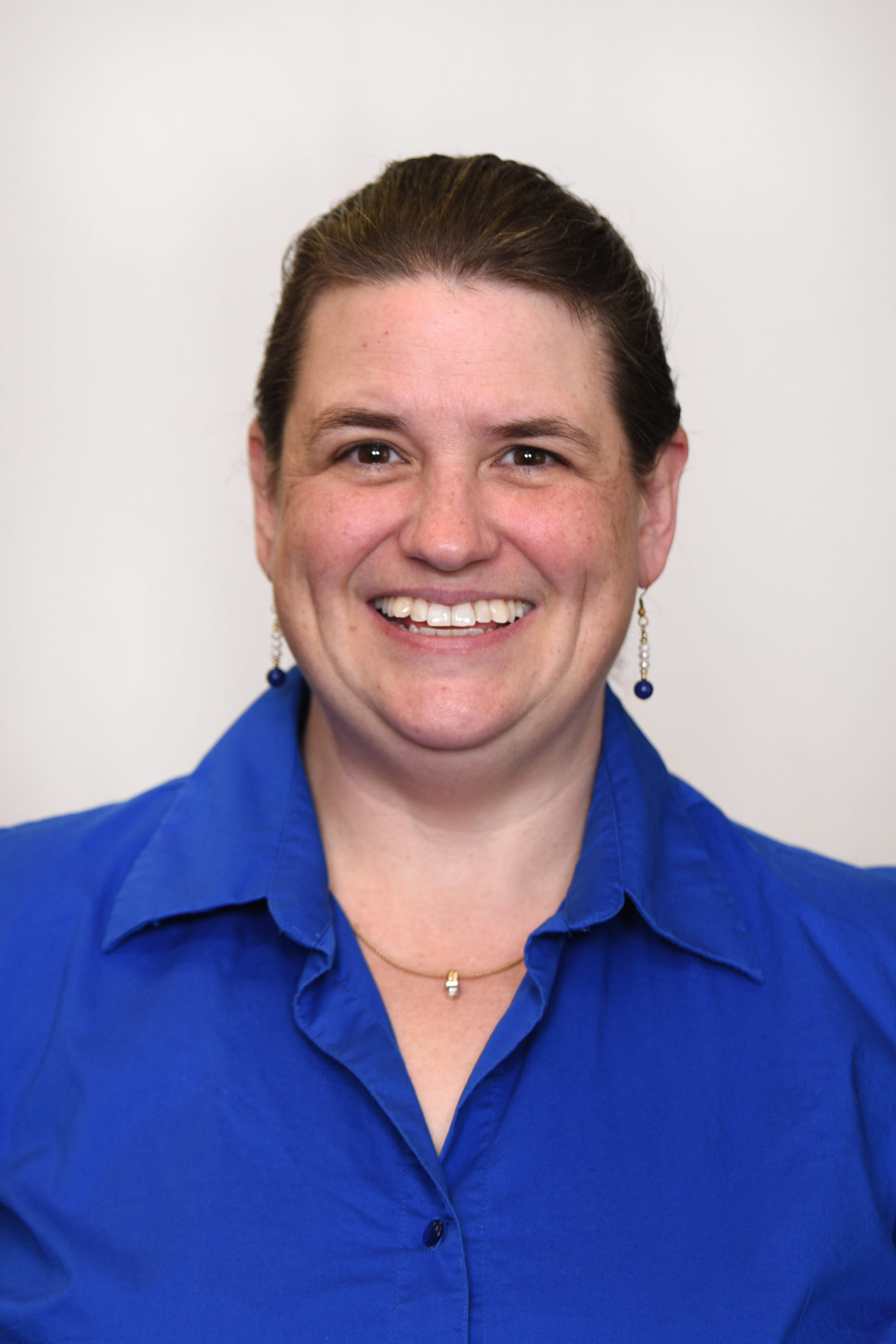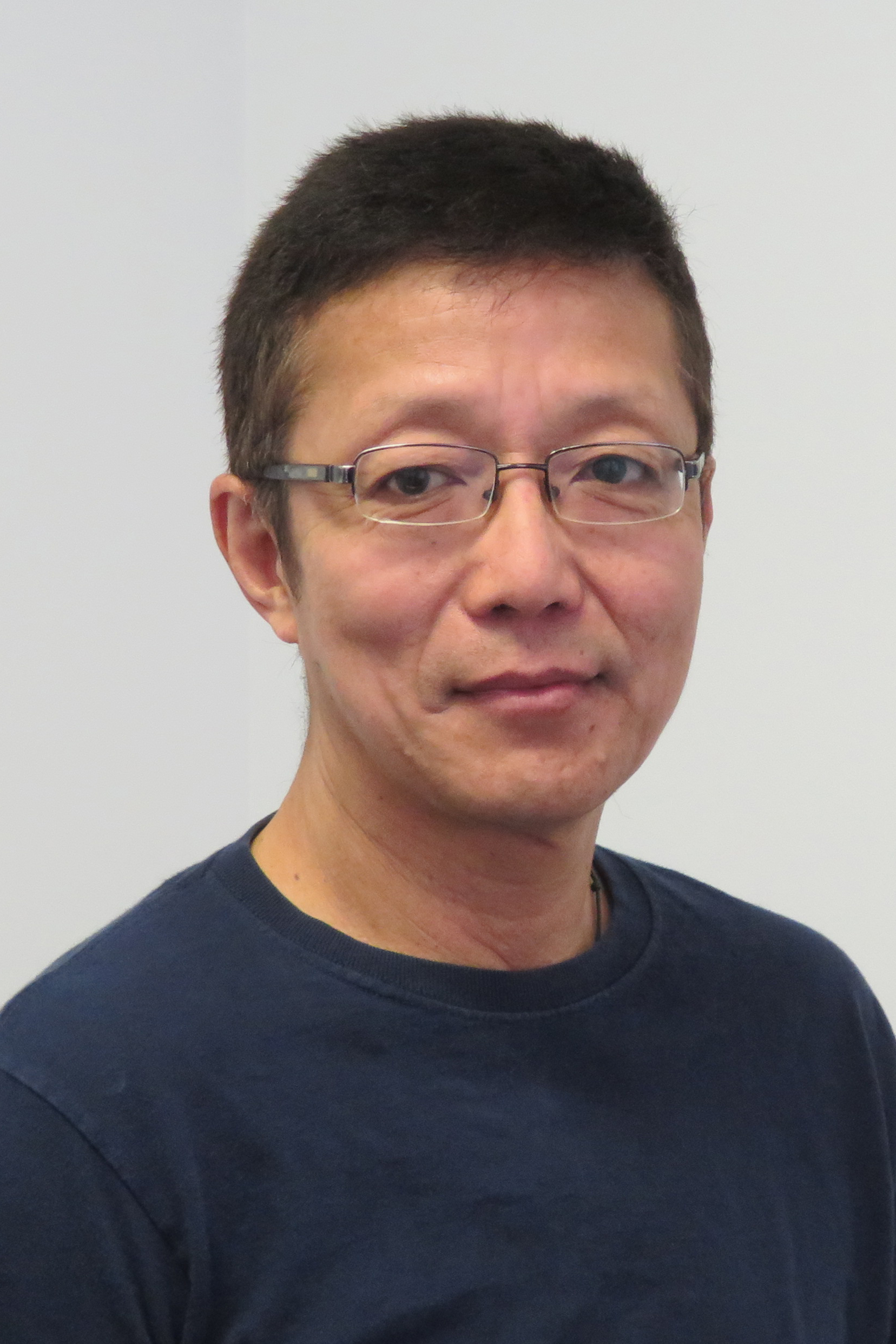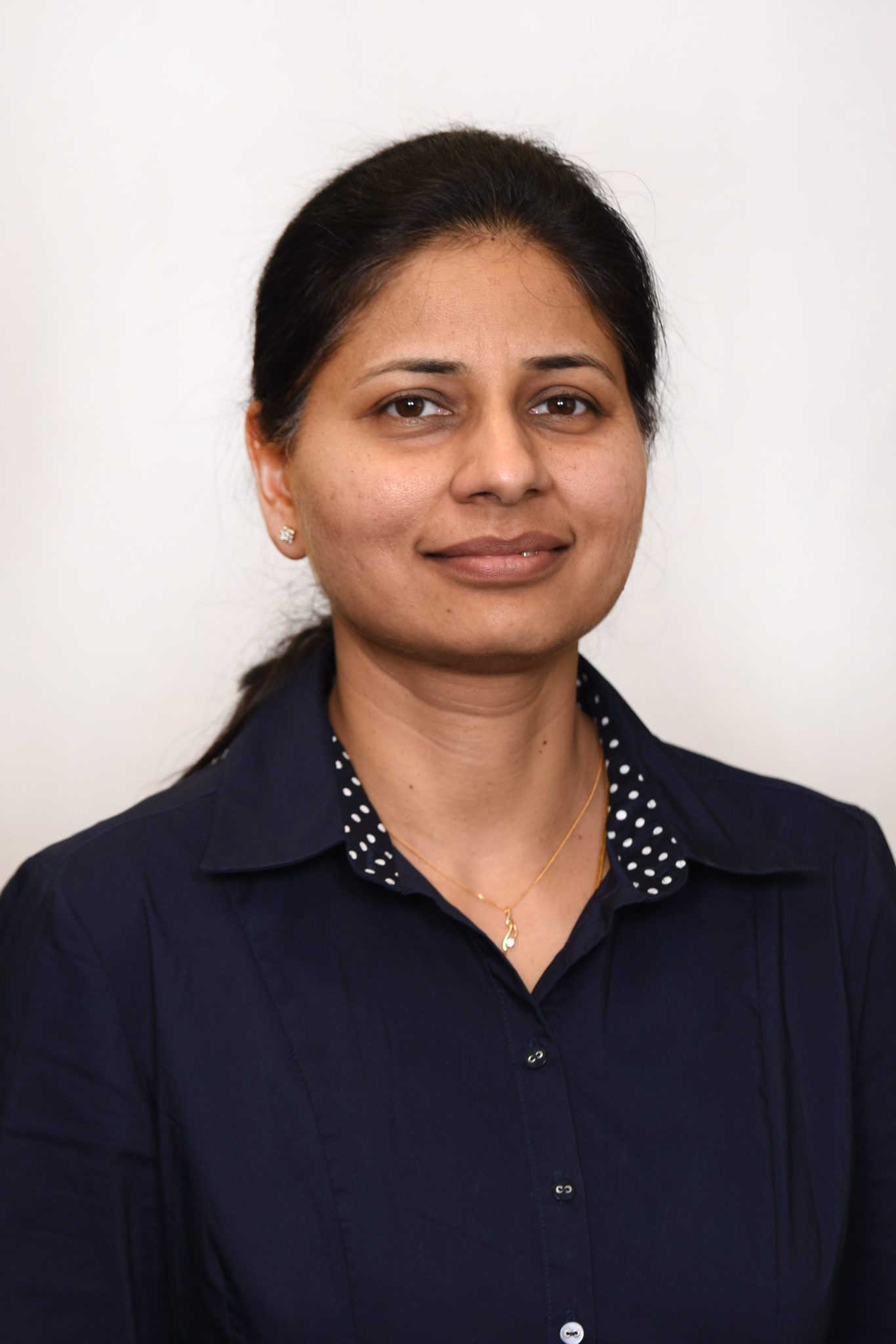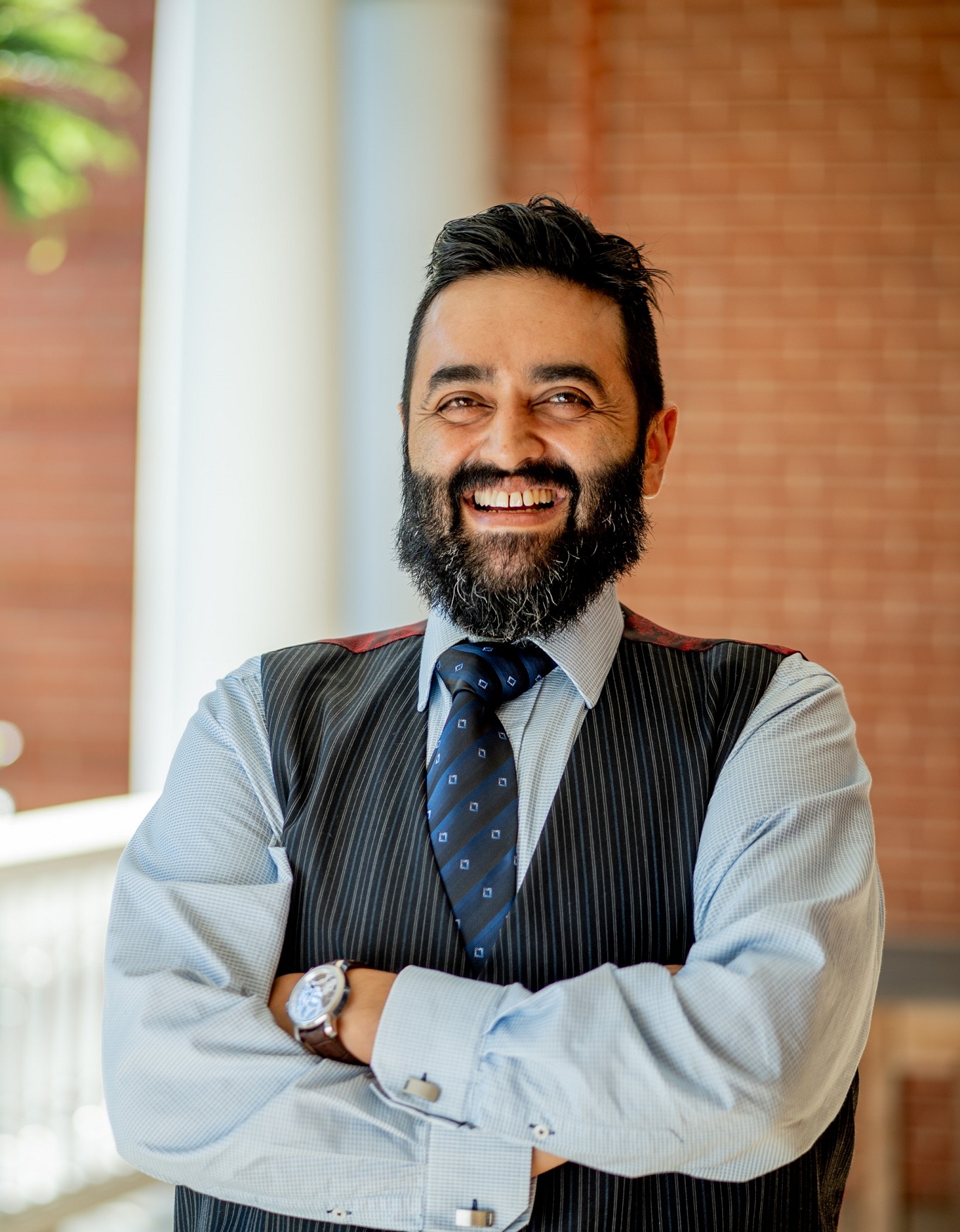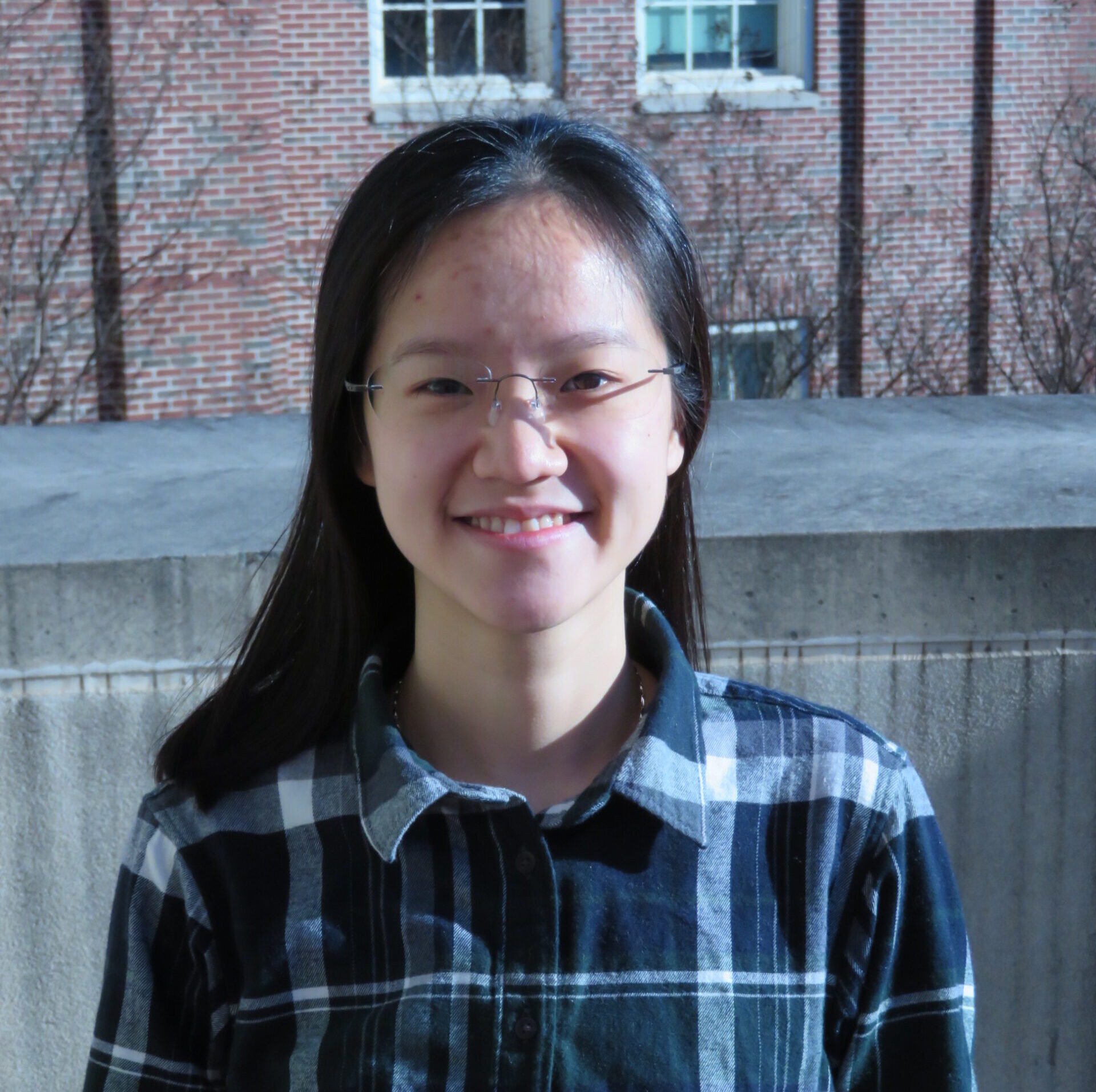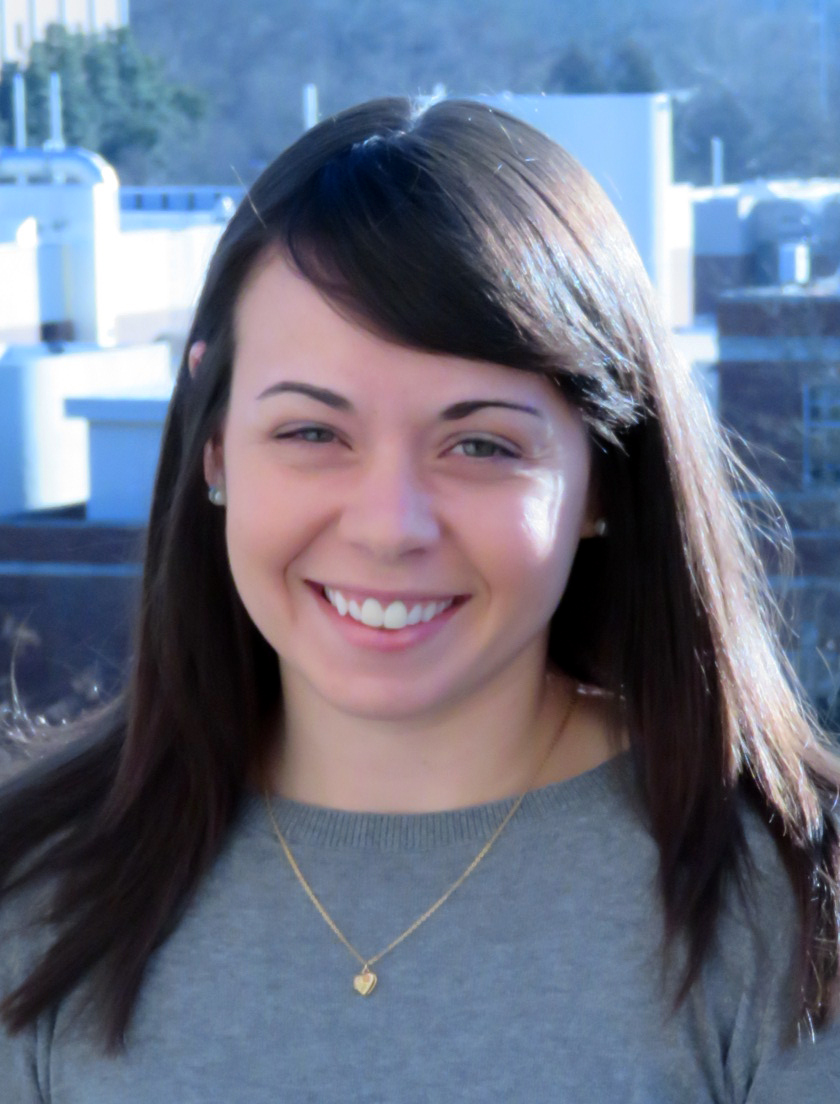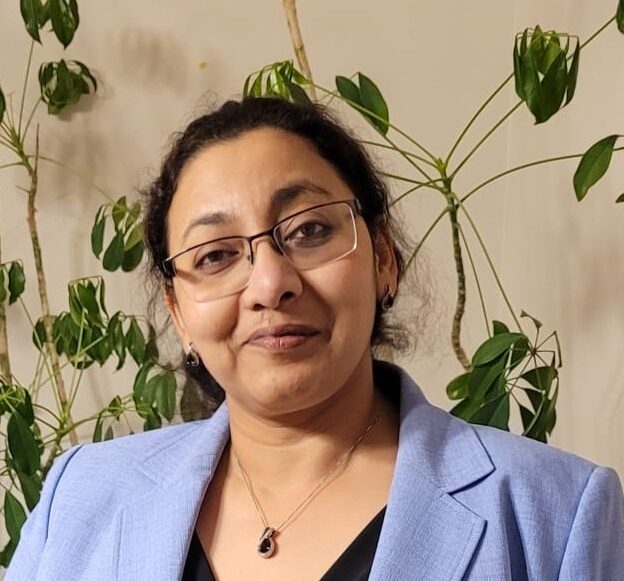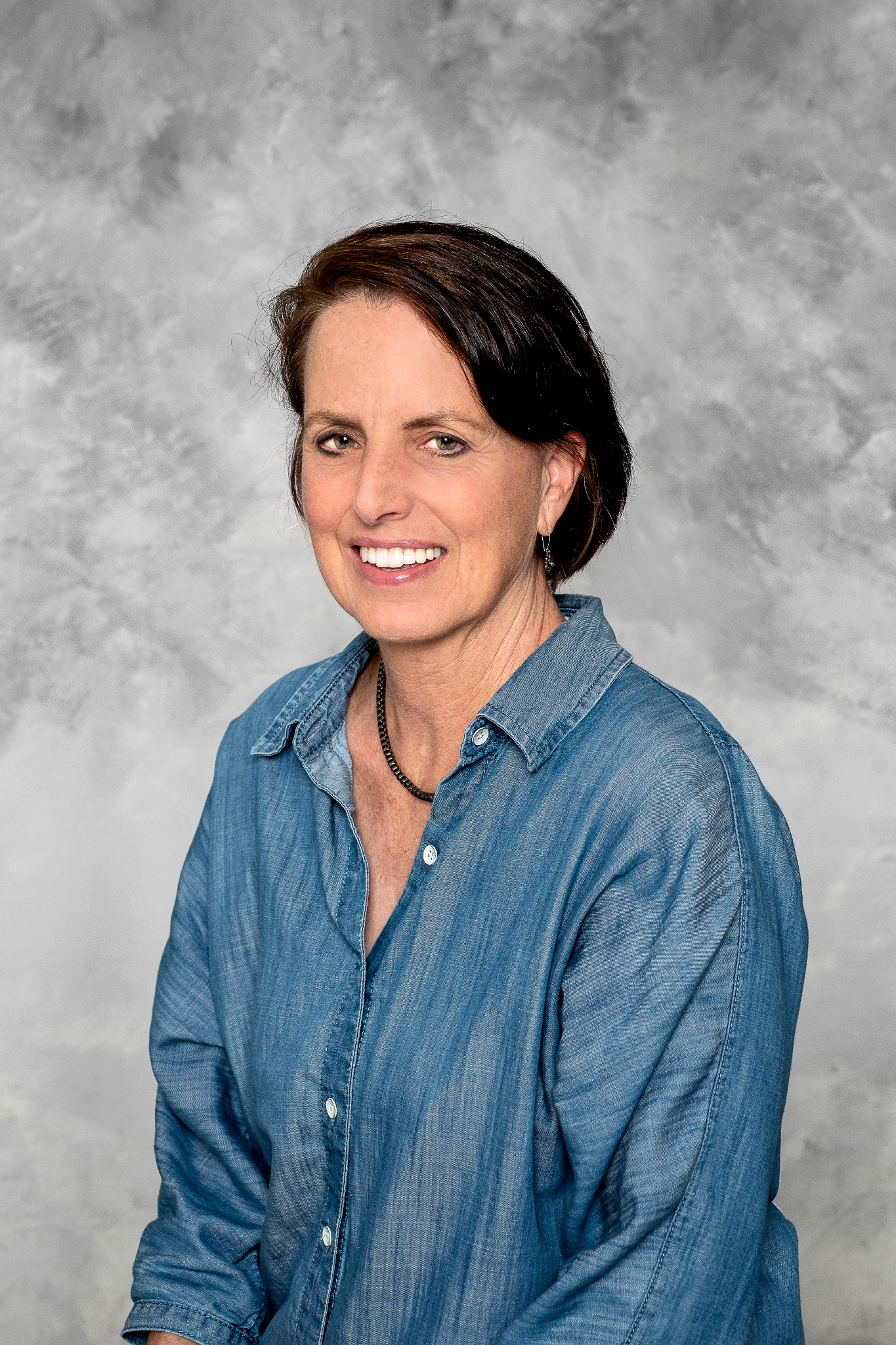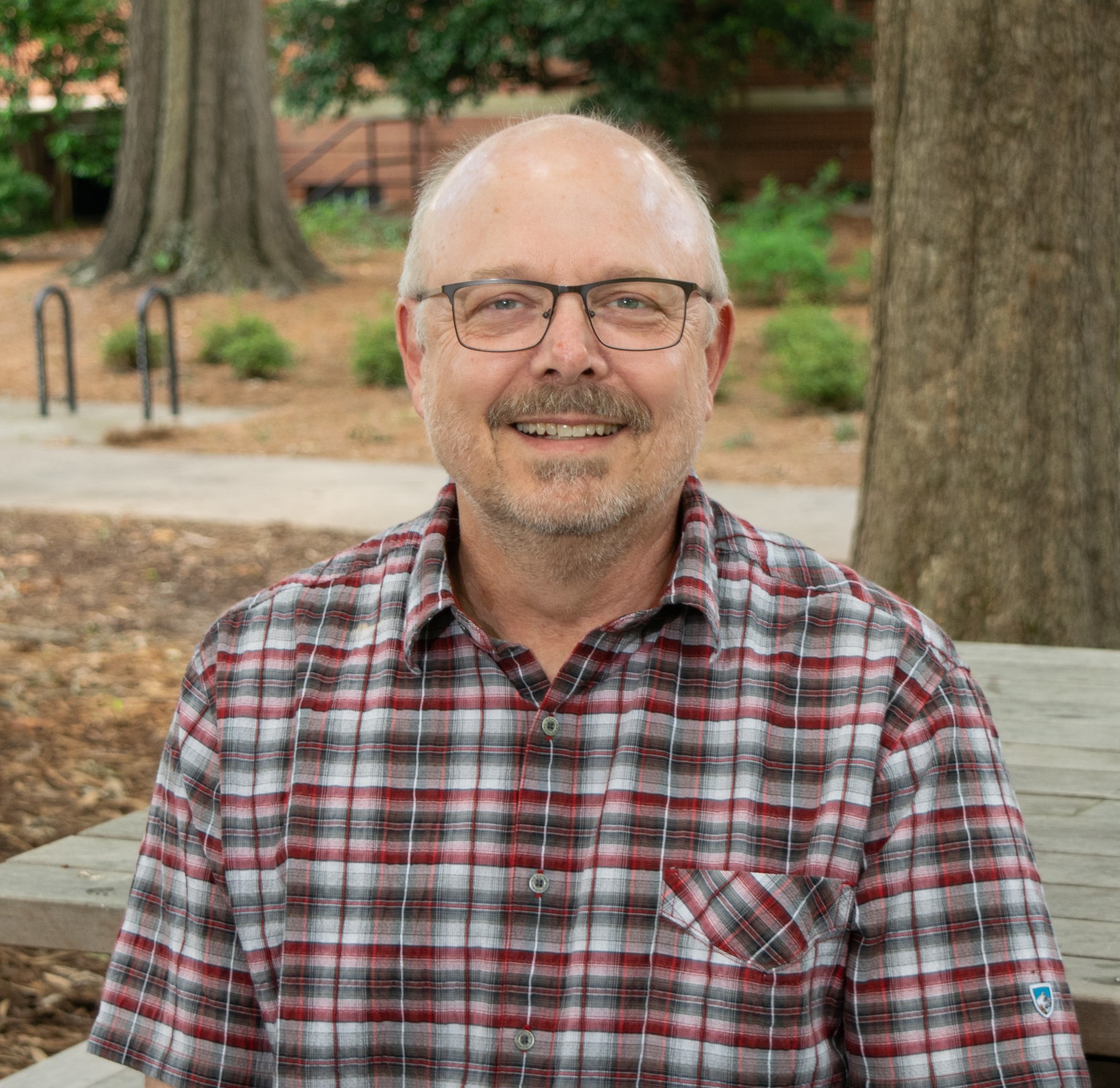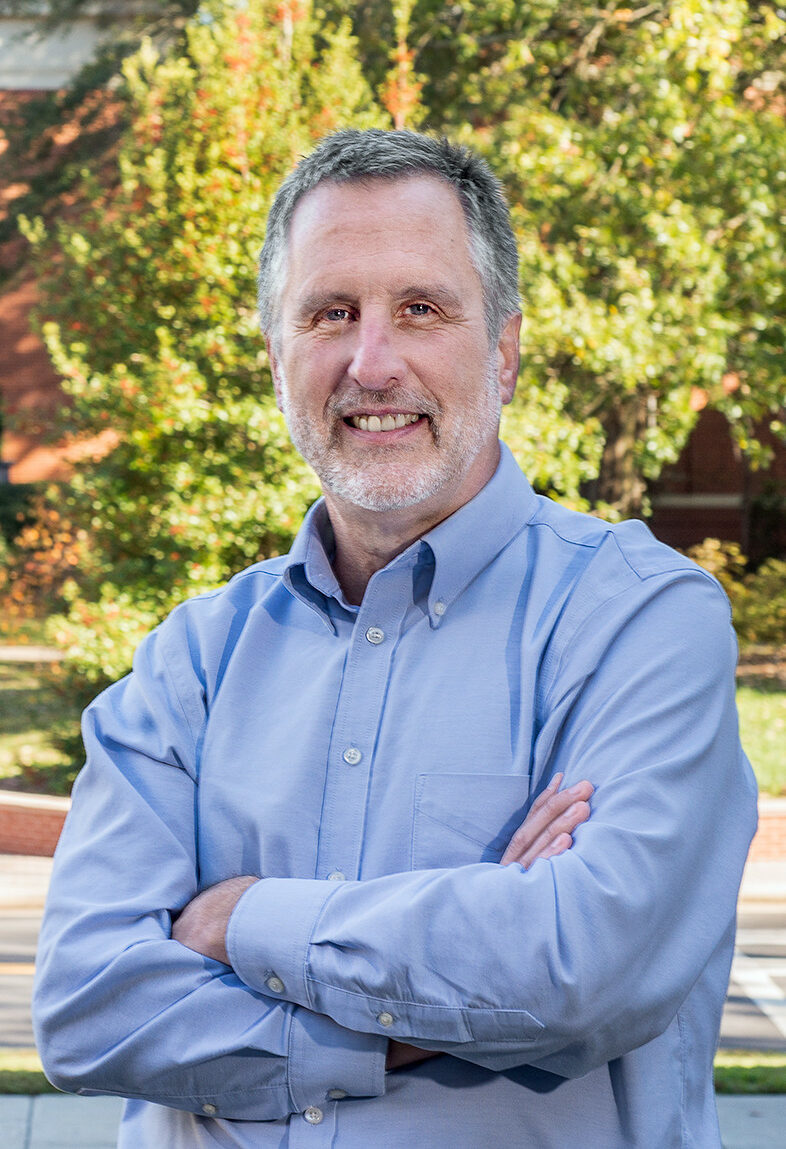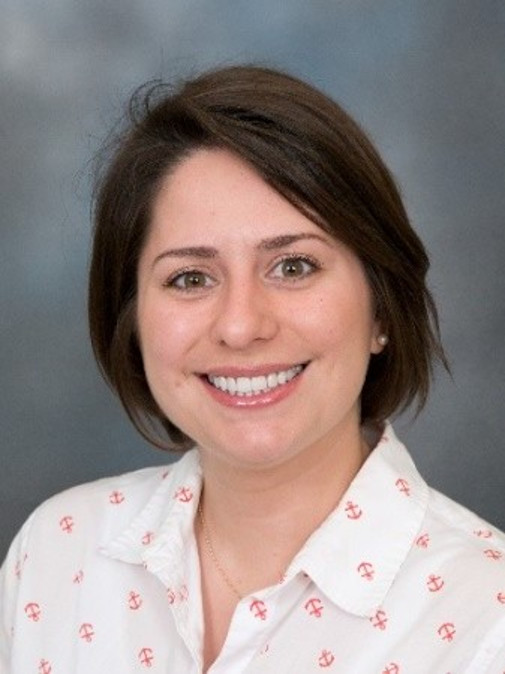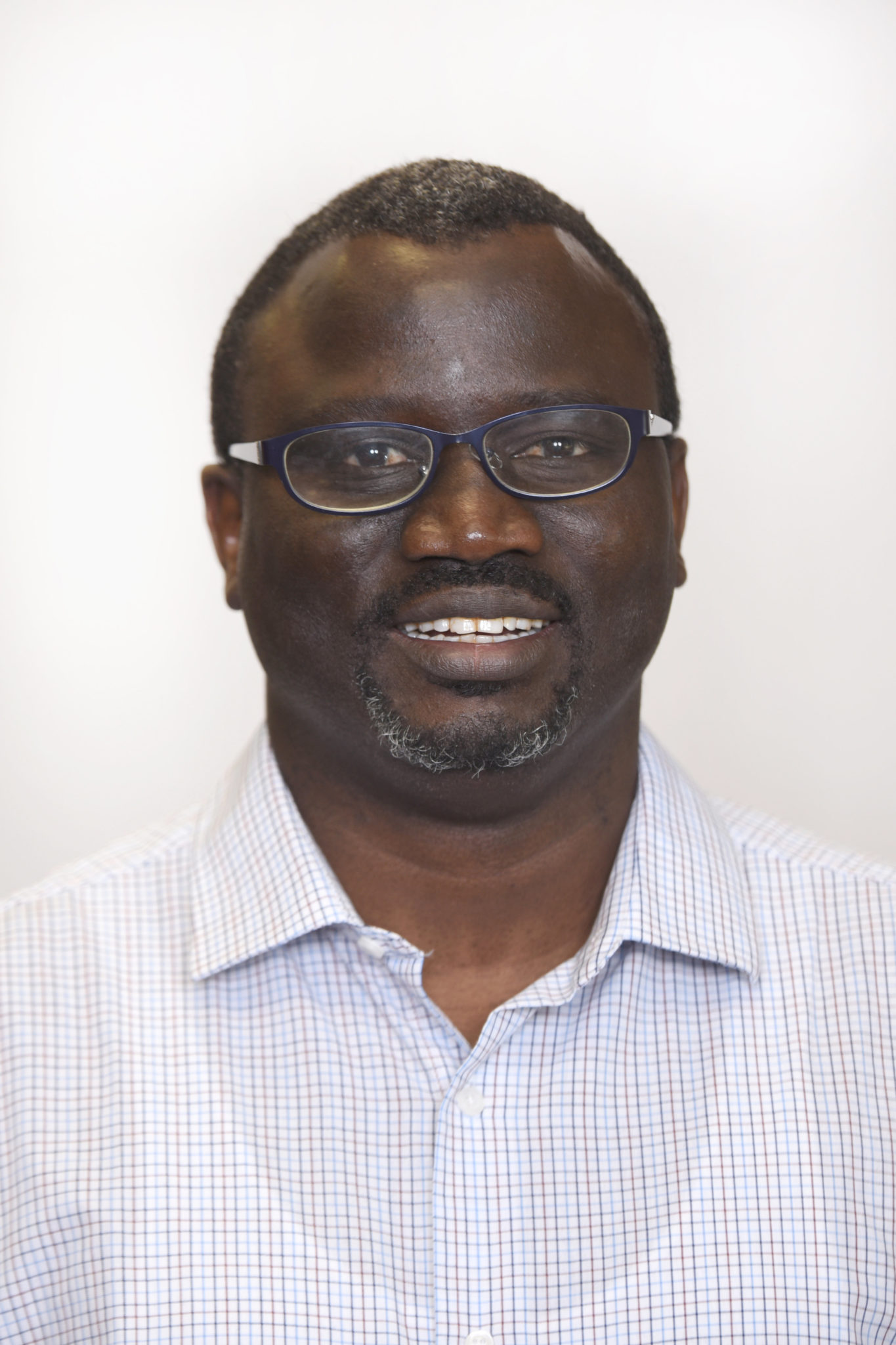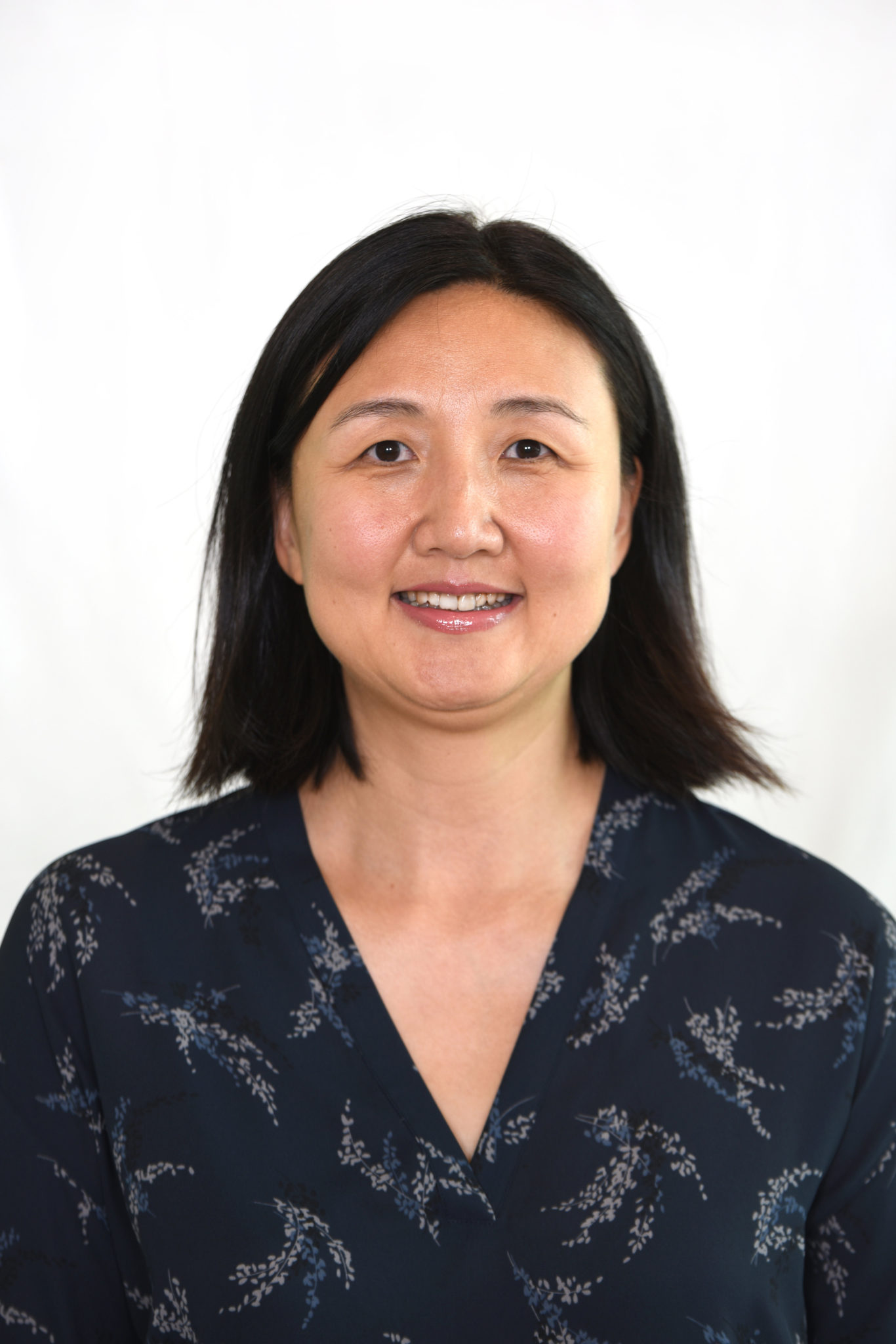Blake Billmyre
Human fungal pathogens cause more than 1.5 million deaths annually. In particular, Cryptococcus species are responsible for life threatening meningitis and kill nearly 200,000 people a year. There are only three classes of effective antifungal drugs available to treat Cryptococcus and developing new drugs is difficult because many potential antifungal […]
Taylor Chapman
Taylor completed her B.S. in Biology and Chemistry at Georgia Southern University. She then acquired a M.S. in Biology at Georgia College and State University under the direction of Dr. Dave Bachoon surveying the molecular detection of pathogenic Leptospira and microbial source tracking of fecal pollution in San Juan, Puerto […]
Lucy Ubaka
Lucy Ubaka is from Nigeria and completed her bachelor’s degree in microbiology. Upon graduation, she volunteered for Family Health International 360, a non-profit organization with a worldwide response to HIV/AIDS especially in the area of prevention of mother to child transmission of HIV (PMTCT), malaria, and tuberculosis. During her master’s […]
Amr Abbadi
I’m a PhD student in the Quinn/Karls lab studying the molecular biology of Mycobacterium tuberculosis in the department of infectious diseases. Previous degrees: MSc in Pharmaceutical Biotechnology BSc in Clinical Pharmacy
Colleen Sedney
Colleen is a graduate student in the lab of Dr. Eric Harvill. Her research is based on understanding how the causative agent of whooping cough, Bordetella pertussis, is able to specifically modulate and override the neonatal immune system. Colleen’s research has identified a specific requirement for pertussis toxin in severe […]
James Oristian
My research interests revolve around the study of vector-transmitted diseases and parasitology. Previously, I studied Trypanosoma brucei flagellar beating at Clemson University as an undergraduate student, before continuing on to an IRTA post-baccalaureate fellowship at NIAID/NIH to study Leishmania spp. and their sandfly vectors. My current research revolves around the […]
Judith Reyes Ballista
Judith M. Reyes Ballista completed a B.S. in Cellular and Molecular Biology at the University of Puerto Rico – Rio Piedras. During that time, she obtained diverse research experience in virology and disease ecology by studying protein interactions of Zika, Ebola, and HIV and the dynamics of Anole lizard malaria […]
Chester Joyner
Dr. Chet Joyner is a trained immunologist and parasitologist. His research program focuses on understanding the biology of Plasmodium vivax, malaria immunology and pathogenesis, and the biology of B cells and plasma cells. The ultimate goals of his research is to use cutting-edge technologies to help development new treatments and […]
Leonor Sicalo
Dr. Leonor Sicalo Gianechini is a PhD candidate in the Department of Infectious. Dr. Sicalo earned her DVM at the University of the Republic in Uruguay, in 2017. She then pursued a residency on animal health at the National Institute of Agriculture Technology in Buenos Aires, Argentina. Prior to engaging […]
Hind Yahyaoui Azami
Hind Yahyaoui Azami is an early-career researcher in the field of infectious diseases, with 10 years’ cumulative post-graduate experience in the epidemiology of zoonotic diseases. She has carried out research in Morocco and Switzerland and possess strong skills in managing international knowledge networks, research partnerships and program development in the […]
Dong An
My research focuses on vaccine development using paramyxovirus-based viral vectors, virus assembly, paramyxovirus VLP study, paramyxovirus fusion protein structure and function, and virus-promoted membrane fusion.
Nuha Ashtiwi
PhD candidate. I completed my medical degree (MD) at the University of Tripoli, in Tripoli, Libya. I acquired a Master’s degree in Health Sciences in Medical Laboratory / Biomedical Sciences MLS at Quinnipiac University in Hamden, Connecticut, US. My previous research work focused on the phenotypic analysis of mutant strains […]
Subhan Ullah
Driven by my passion for virology, my current research revolves around Fowl Adenoviruses (FAdVs) detection and characterization. I am dedicated to unraveling the mysteries of these avian pathogens. I am focused on developing robust detection methods for all five FAdV serotypes (A to E). Leveraging my knowledge of viral genomics […]
Melinda Brindley
Dr. Melinda Brindley is a molecular virologist, with expertise in positive and negative sense RNA viruses. She earned her Ph.D. from the University of Iowa studying how Ebola virus and equine infectious anemia virus enters host cells. As a postdoc at Emory University, she characterized how the measles virus glycoprotein […]
Karen A. Norris
Karen Norris, PhD, received her doctorate in biomedical sciences and microbiology from Wright State University School of Medicine and completed post-doctoral training at The Scripps Research Institute. Dr. Norris was appointed as Assistant Professor in Molecular Genetics and Biochemistry at the University of Pittsburgh, then joined the newly formed Department […]
Biao He
Dr. He’s lab has been studying paramyxoviruses including PIV5, mumps virus and emerging Jeilongviruses. His work has led to development of paramyxovirus-based vaccines
Eric Harvill
Eric T. Harvill completed his Ph.D in Immunology at UCLA in 1996 and postdoctoral studies in Microbial Pathogenesis. He has served the National Academies, NIH, USDA, DOD and other agencies in a variety of capacities and has served on many national and international review panels and editorial boards. He advanced […]
Carmen Herrera
Throughout my professional career, my main research goal has been to contribute significantly in the field of microbial sciences concentrating on the study of pathogenic bacteria. The Trent Lab is interested in uncovering the molecular mechanisms required for assembly and maintenance of membranes in Gram-negative bacteria. Working as member of […]
Ashutosh Pathak
I am interested in determining how parasite fitness is shaped by interactions with host(s) and environment. Questions that motivate my research include: 1) How do biotic and abiotic factors regulate dynamics of parasite populations within and between hosts? 2) To what extent do parasites and their hosts vary naturally in […]
Harrison Bergeron
My primary research interest is elucidating mechanisms by which pathogens interfere with host immune responses and induce immune mediated disease to inform rational, novel biological countermeasure design
M. Stephen Trent
Understanding the bacterial cell envelope provides valuable insights for two crucial areas: the discovery of new antibiotics and the understanding of microbe-host interactions. The cell envelope serves as a prime target for antibiotic development, as its unique components and processes can be exploited to disrupt bacterial growth and survival. By […]
Balazs Rada
My laboratory studies mechanisms of respiratory innate immunity supporting immune responses to pathogens or underlying pathogeneses of lung diseases. The first major project focuses on cystic fibrosis lung disease and studies host-pathogen interactions between neutrophils and respiratory pathogens, Pseudomonas aeruginosa, Staphylococcus aureus and Mycobacterium abscessus. The second main project investigates […]
Wendy Watford
Inflammation is necessary for efficient pathogen clearance, but inappropriate inflammation contributes to the pathogenesis of infectious and autoimmune diseases. The focus of the Watford lab is to gain a better understanding of immunoregulatory networks, especially at pulmonary and gastrointestinal barriers that represent major sites for pathogen entry. Current efforts are […]
Ankita Garg
Dr. Garg received Ph.D. in Medical Microbiology from Sanjay Gandhi Postgraduate Institute of Medical Science, India, followed by postdoctoral training from the University of Texas Health Science Center and the University of California, San Diego. Dr. Garg also spent a few years in the R&D divisions of pharmaceutical companies where […]
Justin Bahl
My research interests span the ecology, evolution, population dynamics, and molecular epidemiology of emerging infectious diseases. I am primarily interested in viral disease systems, such as influenza A virus, where transmission at individual (including between host species), population and global scales are difficult to observe or quantify.
Tuhina Gupta
Dr. Tuhina Gupta is an immunologist and a bacteriologist, with expertise in mycobacterial diseases. She joined the University of Georgia in 2007 and works with Dr. Frederick Quinn on multiple projects. Her research focuses on developing animal models of mycobacterial pathology, meningitis, latency, and transmission, testing novel methods for TB […]
Mary Hondalus
Dr. Hondalus is a graduate from the College of Veterinary Medicine at Michigan State University, and following graduation, she was an equine and small animal private practitioner. She subsequently completed a Large Animal Internal Medicine Residency at Tufts University School of Veterinary Medicine and a PhD in Microbiology and Immunology […]
Eric R. Lafontaine
One component of my research program consists of identifying and characterizing surface antigens expressed by pathogenic bacteria including Burkholderia pseudomallei and Burkholderia mallei. Given their cellular location at the host-pathogen interface, surface antigens play key roles in bacterial virulence. We believe that studying their biological functions will shed light on […]
David S. Peterson
The research in my lab is focused on Plasmodium falciparum, the causative agent of malaria. The parasite uses a protein encoded by an antigenically variant gene family to bind receptors on host cells, allowing the parasites to avoid passage through the spleen. One member of this family encodes a protein […]
Frederick D. Quinn
Frederick D. Quinn, Ph.D., is Athletic Association Professor of Infectious Diseases, Head of the Department of Infectious Diseases and Interim Director of the Center for Vaccines and Immunology in the College of Veterinary Medicine at the University of Georgia. Dr. Quinn oversaw several laboratory groups at the Centers for Disease […]
S. Mark Tompkins
Mark Tompkins is the Director and Principal Investigator of the Center for Influenza Disease and Emergence Research, a NIAID Center of Excellence in Influenza Research and Response (CEIRR) at the University of Georgia. He received his doctorate in Immunology from Emory University and then studied immune mechanisms of autoimmune diseases […]
Jamie Barber
Jamie Barber received an undergraduate degree from a small liberal arts honors college in Maryland and began his professional career at The Johns Hopkins University School of Medicine’s Oncology Center in the Bone Marrow Transplant Research Unit. After completing a masters degree in Environmental Science with a focus on Toxicology, […]
Leslie P. Jones
My research interests include the development of novel antiviral therapeutic agents, as well as the re-purposing of existing therapies applied to counter viral infection. Host cells, triggered by virus infection, induce multiple anti-viral and pro-viral pathways utilized, suppressed or evaded by viruses presenting potential druggable host targets. Our lab studies […]
Russell Karls
Dr. Karls is a Senior Research Scientist in the Infectious Diseases Department at the University of Georgia. He received undergraduate degrees in Biochemistry and Bacteriology from the University of Wisconsin-Madison. He earned his doctorate in Bacteriology from UW-Madison applying biochemistry and molecular genetics to study transcriptional control of bacterial photosynthesis. […]
Demba Sarr
I grew up and experienced several severe malaria episodes. I decided to dedicate my life to infectious diseases especially malaria. After my 4 years of college in biology, I applied to graduate school and spent 3 years at the French Institute of Research and Development located in Dakar. I diagnosed […]
Yuan Lin
I have been investigating virus-host interactions, focusing on the roles of host proteins in regulating virus replication.

